
I'm so excited that I just found out that I'll be joining The Adroit Journal as a staff reader!
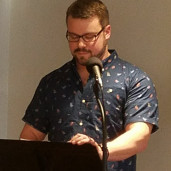

I'm so excited that I just found out that I'll be joining The Adroit Journal as a staff reader!
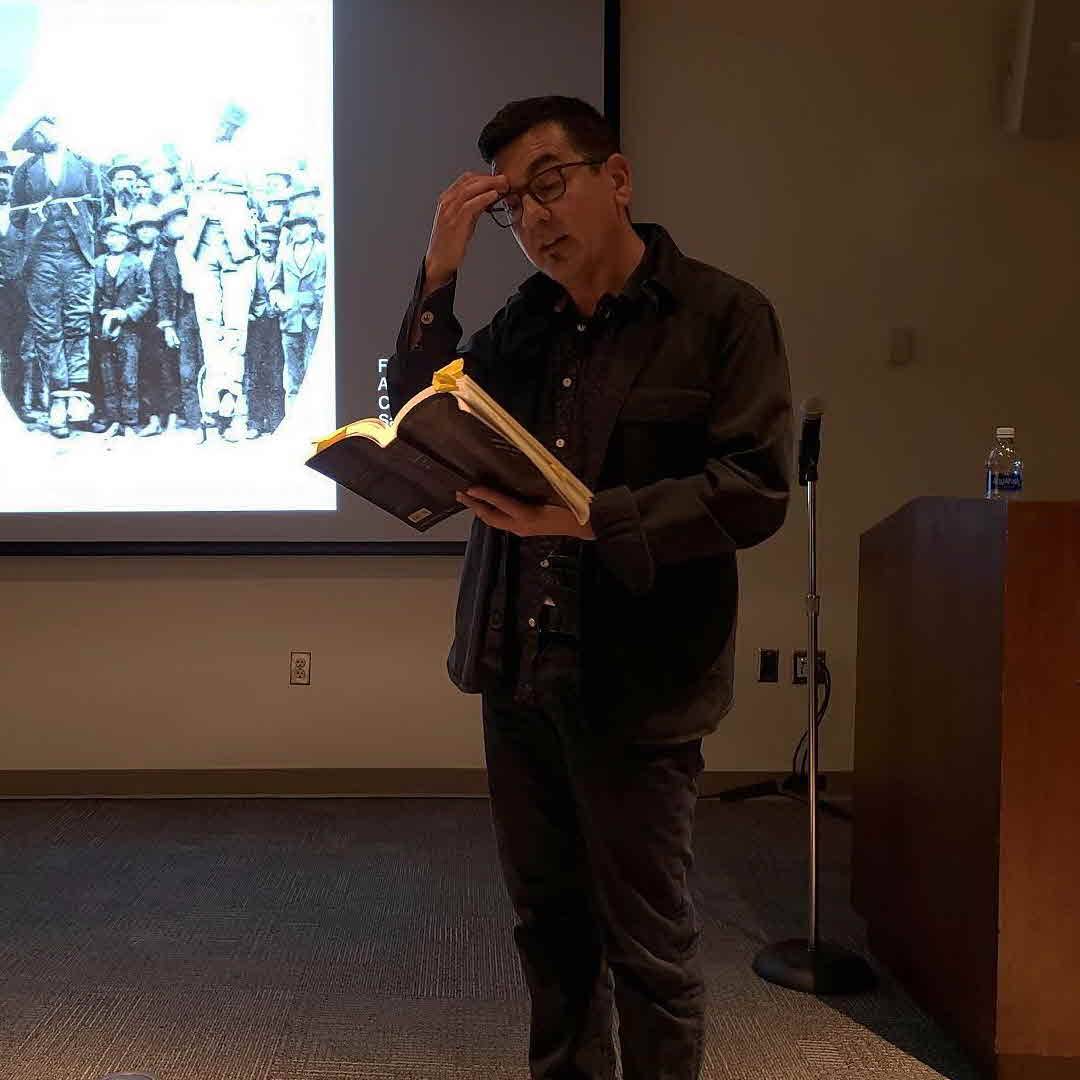
Tonight, I took pictures of photographer Ken Gonzalez-Day reading from his book Lynching in the West: 1850–1935.

Over the past thirteen months I read 13^2 books. (74 by men and 95 by women.)
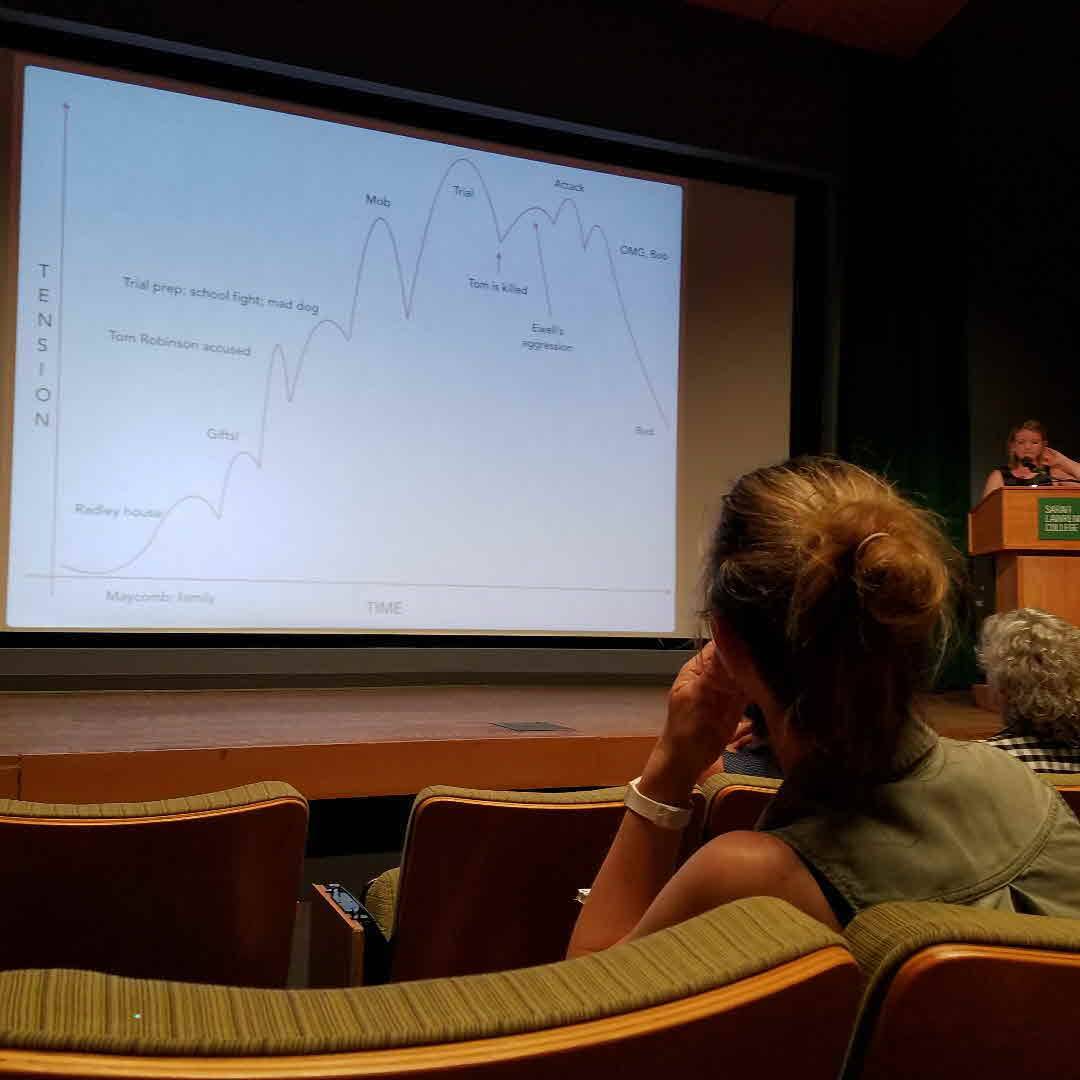
Tea Obreht doesn't like Freytag's pyramid (now at Sarah Lawrence summer writers workshop).
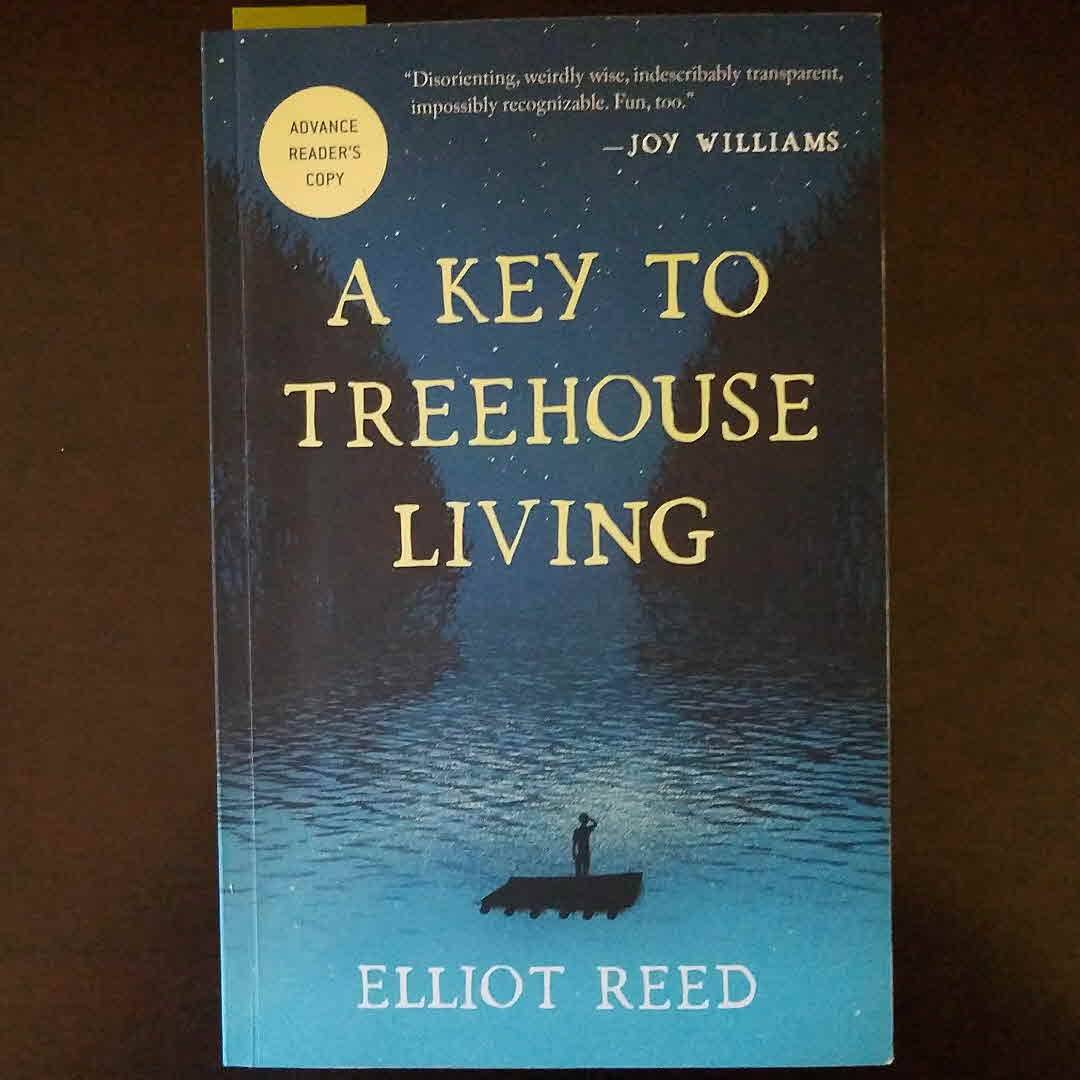
Reed weaves vignettes together for an imaginative narrative told in a unique way. I finished it in two sittings, and highly recommend it. @Tin_House
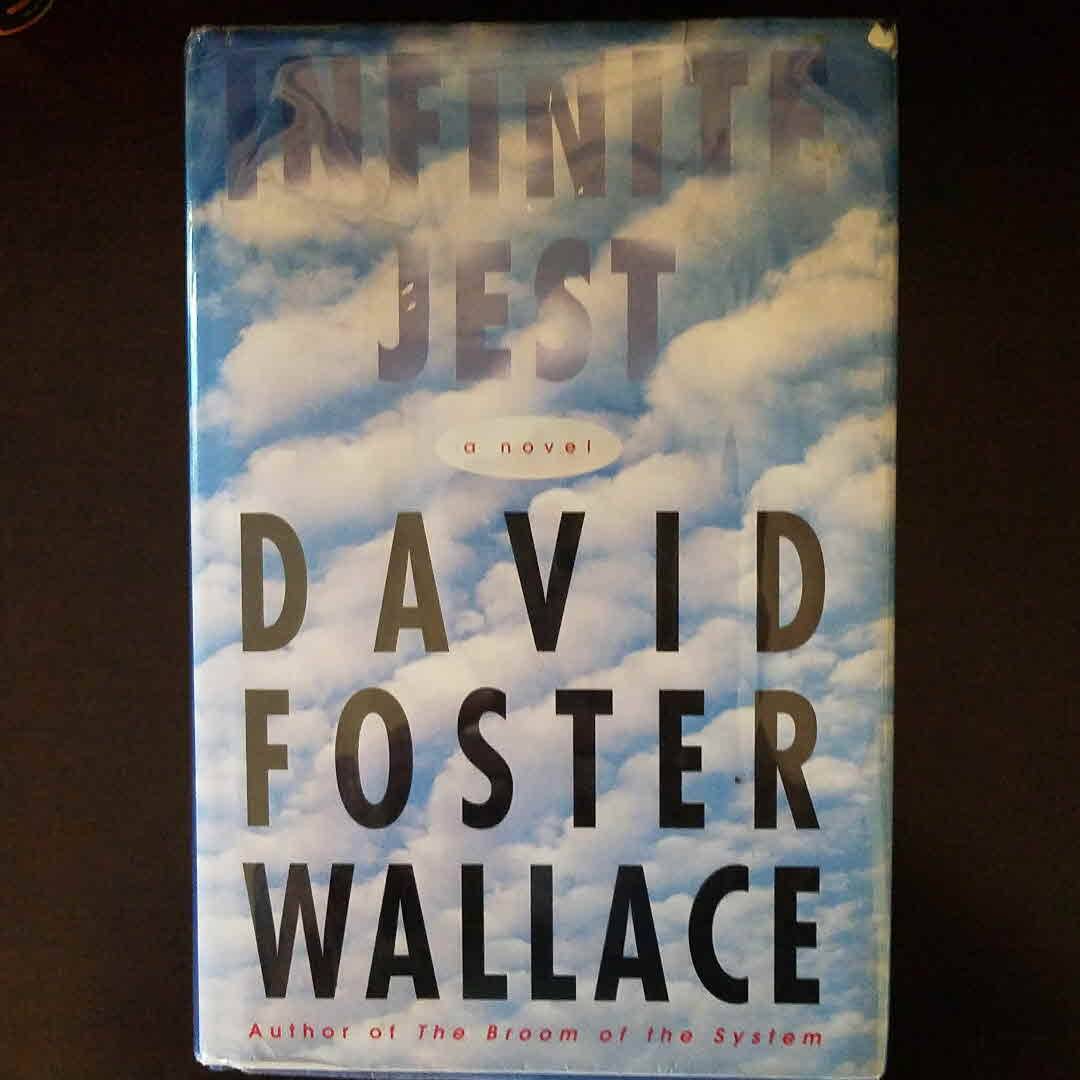
That there is such a thing as raw, unalloyed, agendaless kindness.
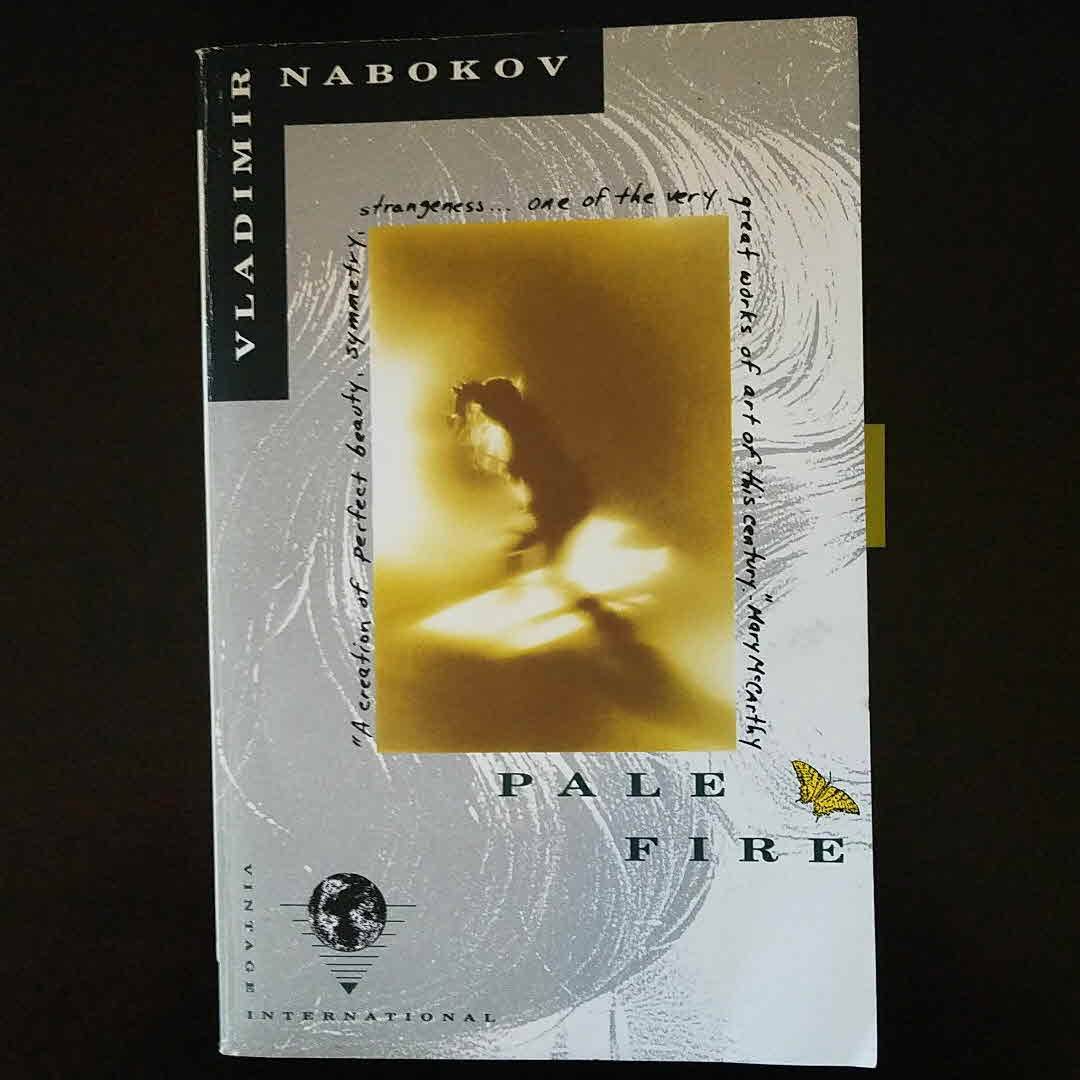
And she returned in tears, with new defeats,
New miseries. On days when all the streets
Of College Town led to the game, she'd sit
On the library steps, and read or knit;
Mostly alone she'd be, [...]
She hardly ever smiled, and when she did,
It was a sign of pain.
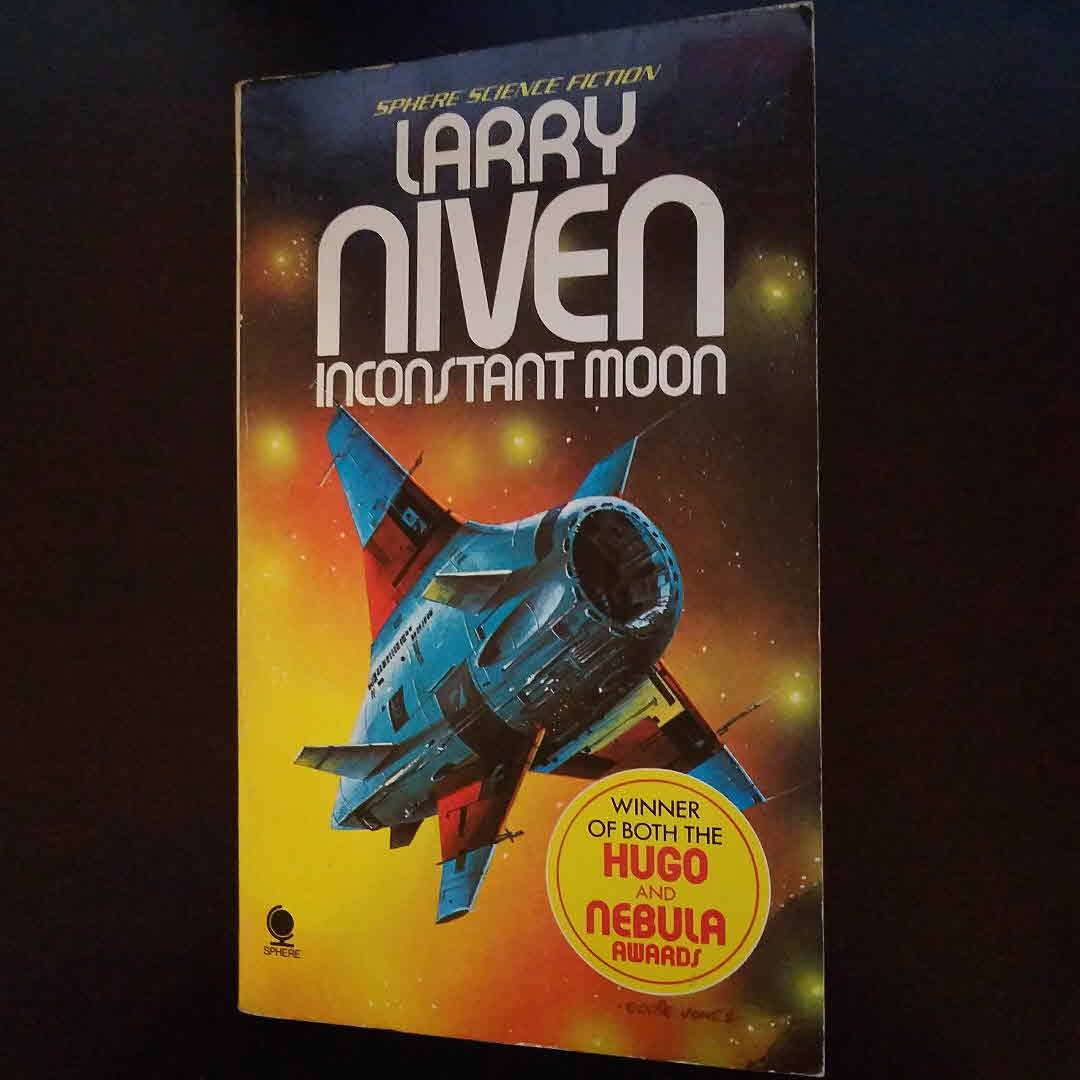
Well, how could the moon grow brighter? [...]
A thousand [reporters ...] would be calling in [...] unless they were all hiding in cellars. Or dead. Or voiceless, because the sun was blanketing everything with static [...].
I was just barely beginning to be afraid.
All right, start over. The moon had become much brighter. Moonlight, well, moonlight was reflected sunlight; any idiot knew that. Then ... something happened to the sun. (page 4)
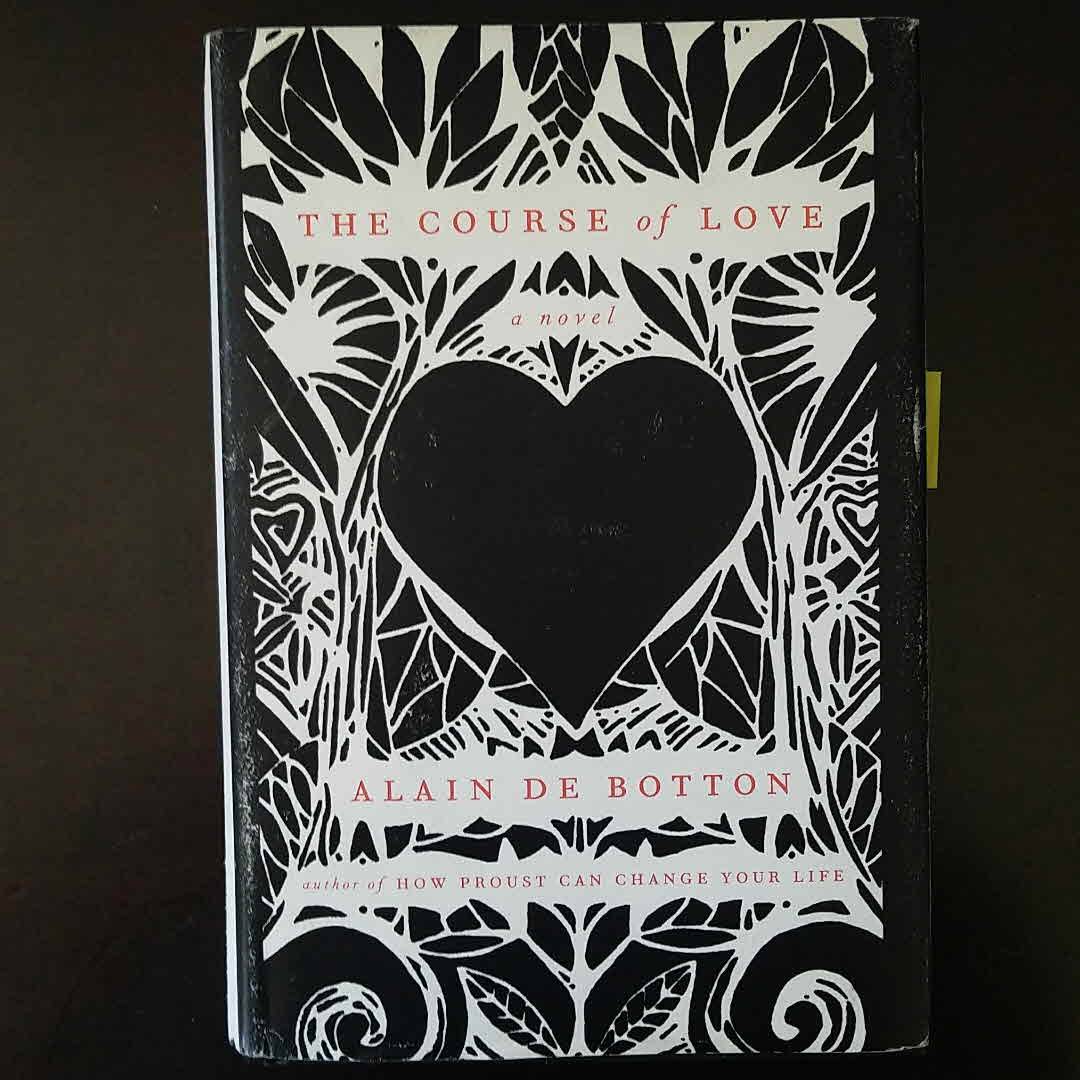
the rule-breaking scenarios[...]--all offer opportunities to investigate wishes that are far from being simply peculiar, pointless, or slightly demented. They offer brief utopian interludes in which we can, with a rare and real friend, safely cast off our normal defenses and share and satisfy our longings for extreme closeness and mutual acceptance--which are the real psychologically rooted reasons why games are, in the end, so exciting.
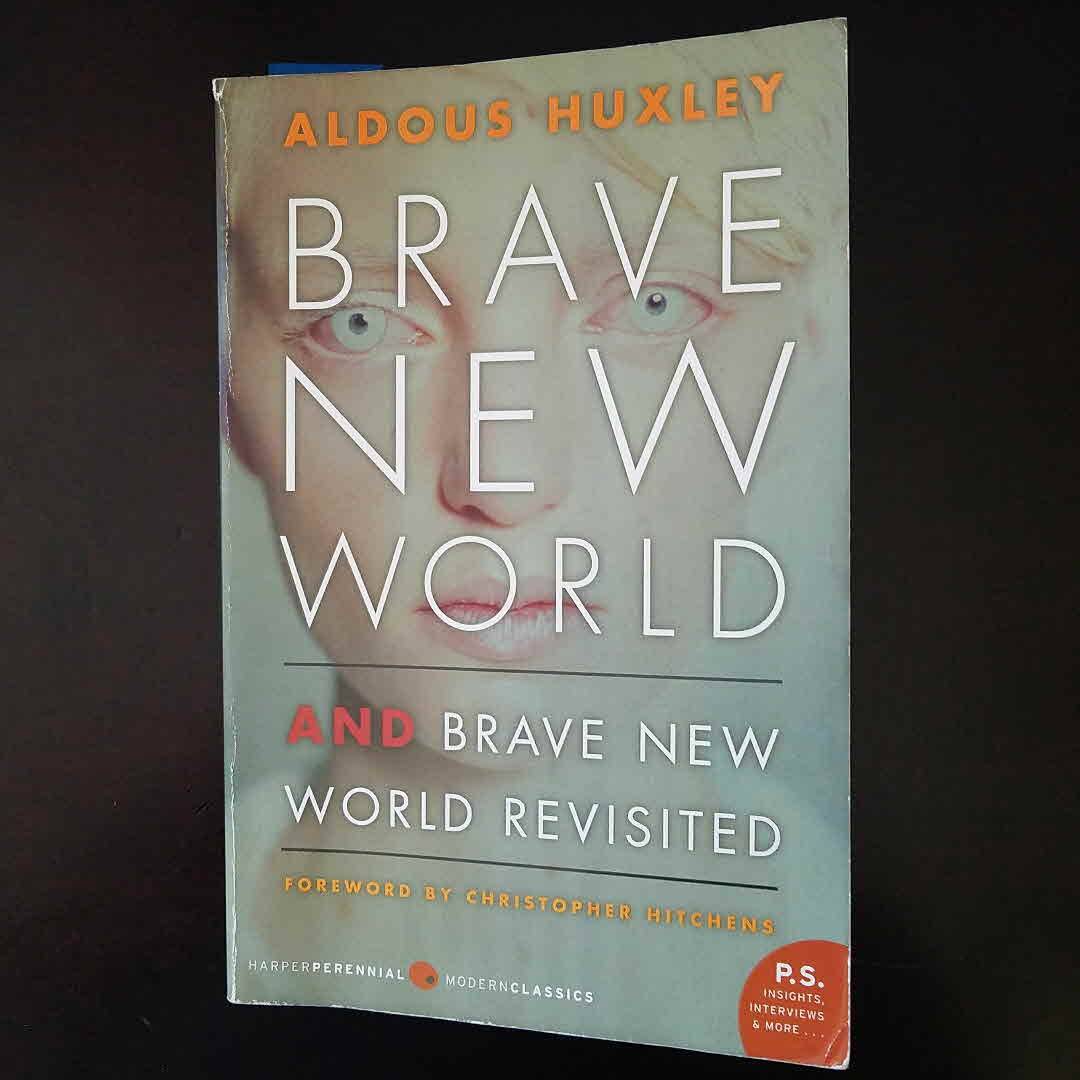
A physical shortcoming could produce a kind of mental excess. The process, it seemed, was reversible. Mental excess could produce, for its own purposes, the voluntary blindness and deafness of deliberate solitude, the artificial impotence of asceticism.
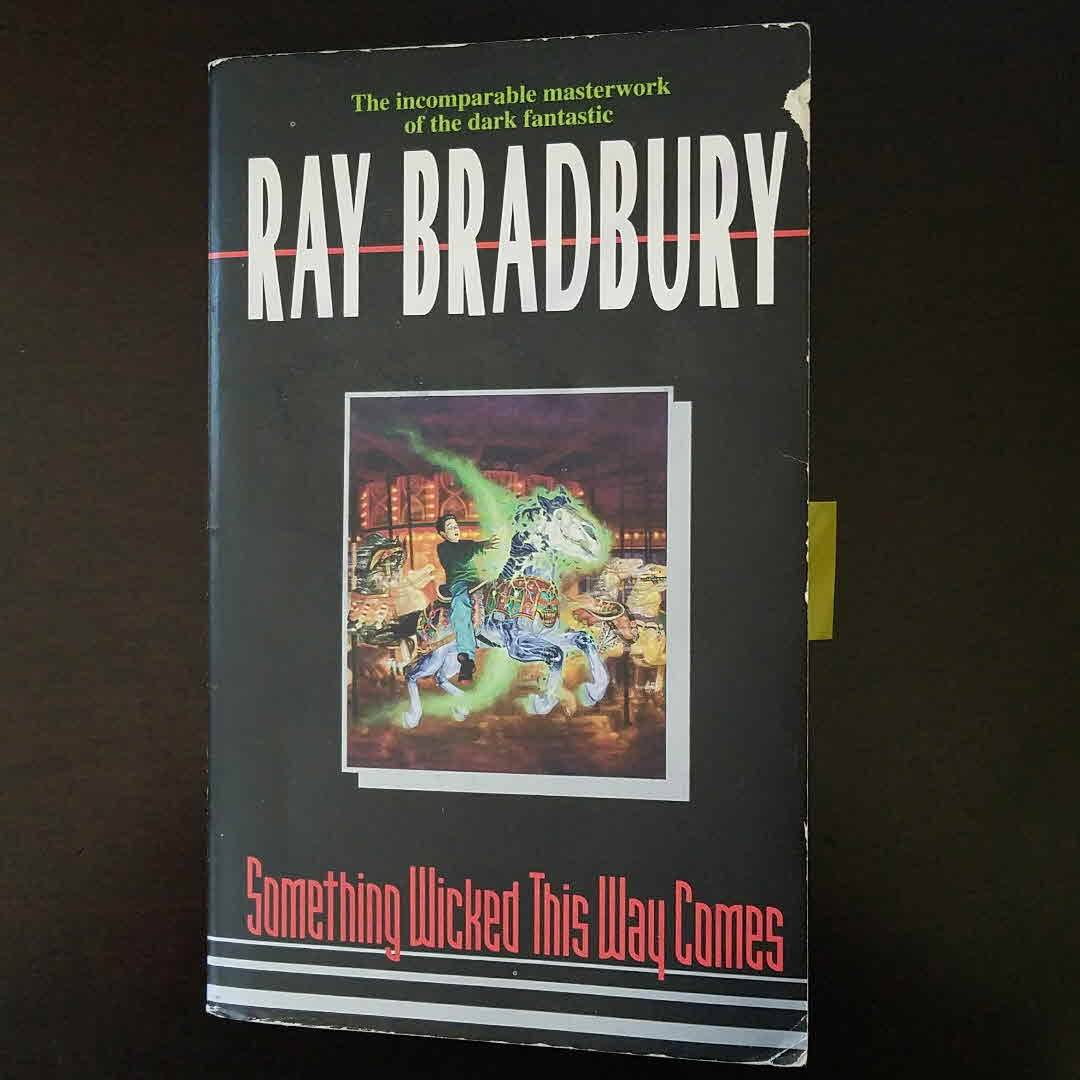
But then a tall man stepped down from the train caboose platform like a captain assaying the tidal weathers of the inland sea. All dark suit, shadow-faced, he waded to the center of the meadow, his shirt as black as the gloved hands he now stretched to the sky.
He gestured, once.
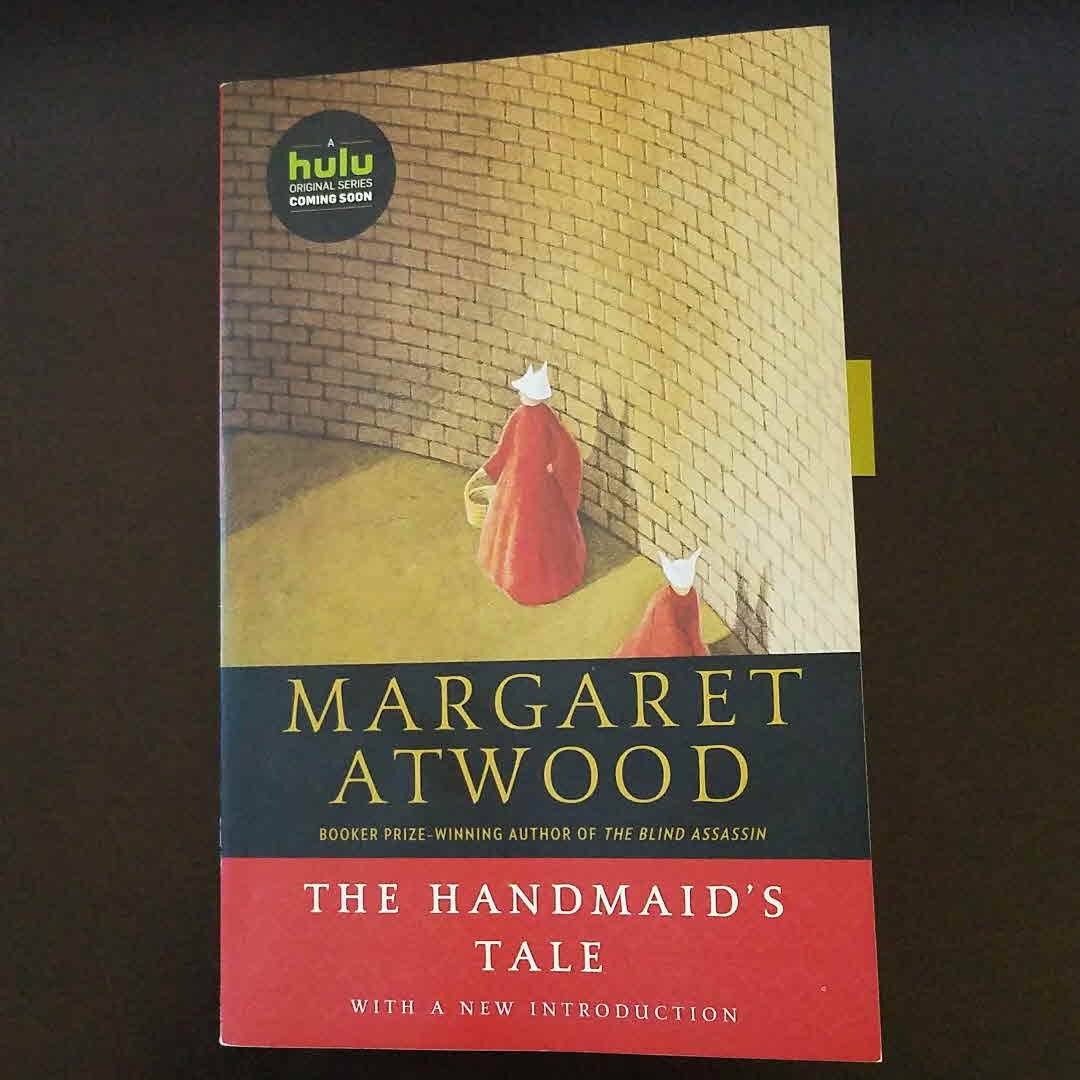
I can't see in the dark but I trace the tiny scratched writing with the ends of my fingers, as if it's a code in Braille. It sounds in my head now less like a prayer, more like a command; but to do what? Useless to me in any case, an ancient hieroglyph to which the key's been lost. Why did she write it, why did she bother? There's no way out of here.
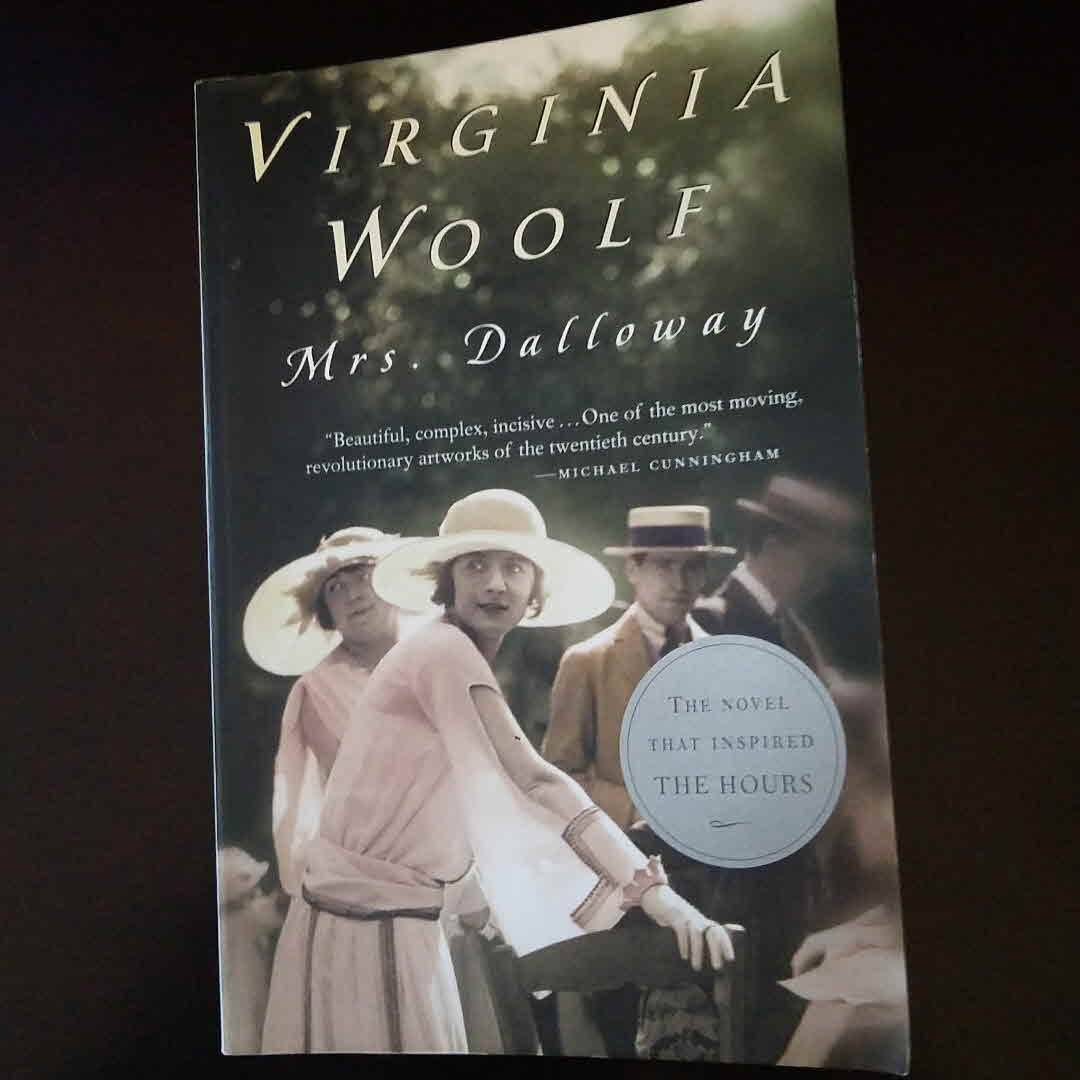
Was he not like Keats? she asked; and reflected how she might give him a taste of Anthony and Cleopatra and the rest; lent him books; wrote him scraps of letters; and lit in him such a fire as burns only once in a lifetime, without heat, flickering a red gold flame infinitely ethereal [...]. He thought her beautiful, believed her impeccably wise; dreamed of her, wrote poems to her, which, ignoring the subject, she corrected in red ink;
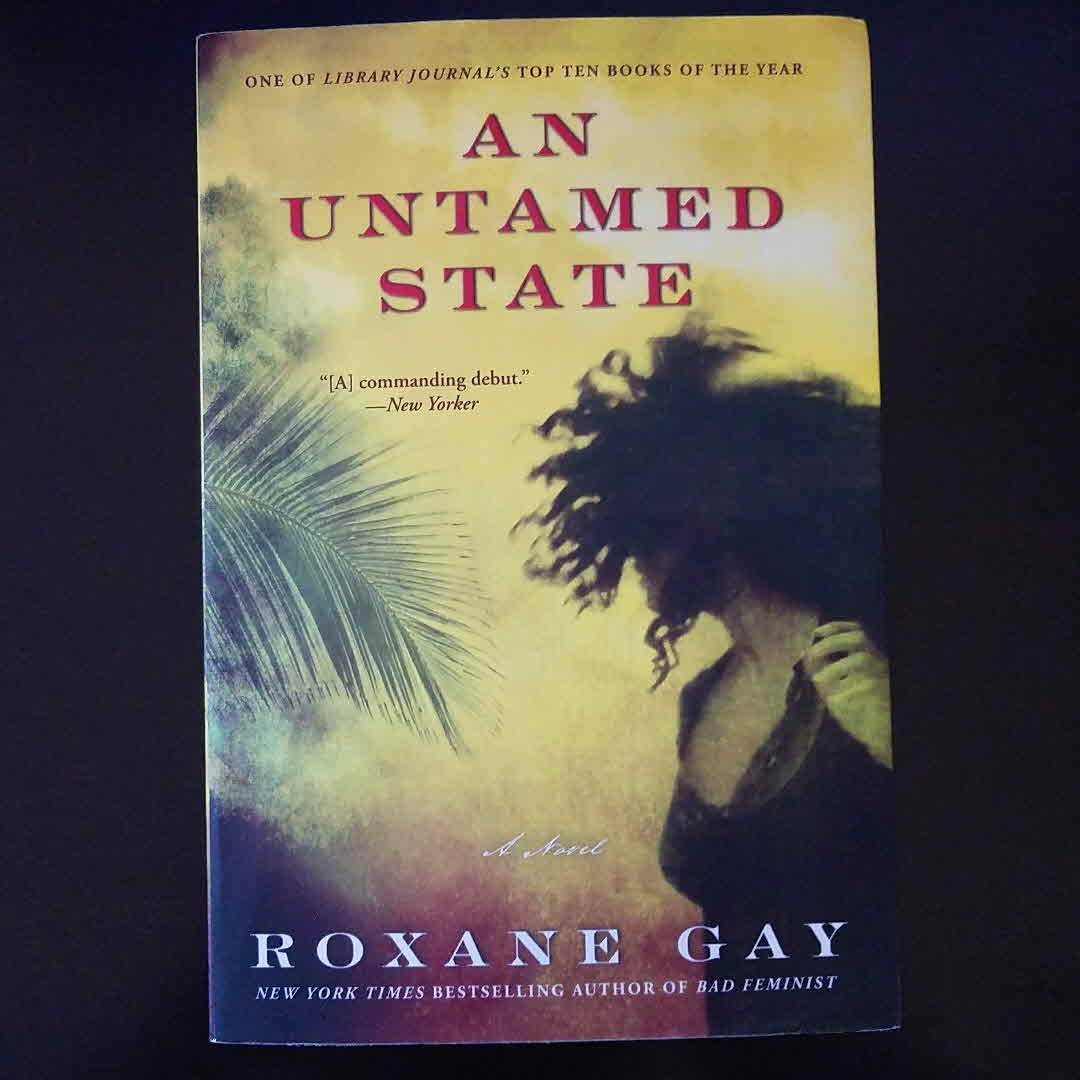
"I don't know what to say," Michael said. "I don't want to say the wrong thing again. I want to help you."

Maybe recovering catholics turn to movies for salvation. I mean, in an informal poll that I took recently, a whole lot of ex-catholics seem unusually moved by film. The bigger and more epic the better. And we still really like sitting in the dark--if they ever get rid of movie theaters you are going to see a bunch of lapsed catholics wandering around in the street looking for a dark box to go sit inside so we can experience catharsis ...

I wonder if they all come out of that wall-paper as I did?

She never puts on any weight, you'll notice that's often true of selfish women. [...]. She was always a very selfish girl, it was first last and always Maria.
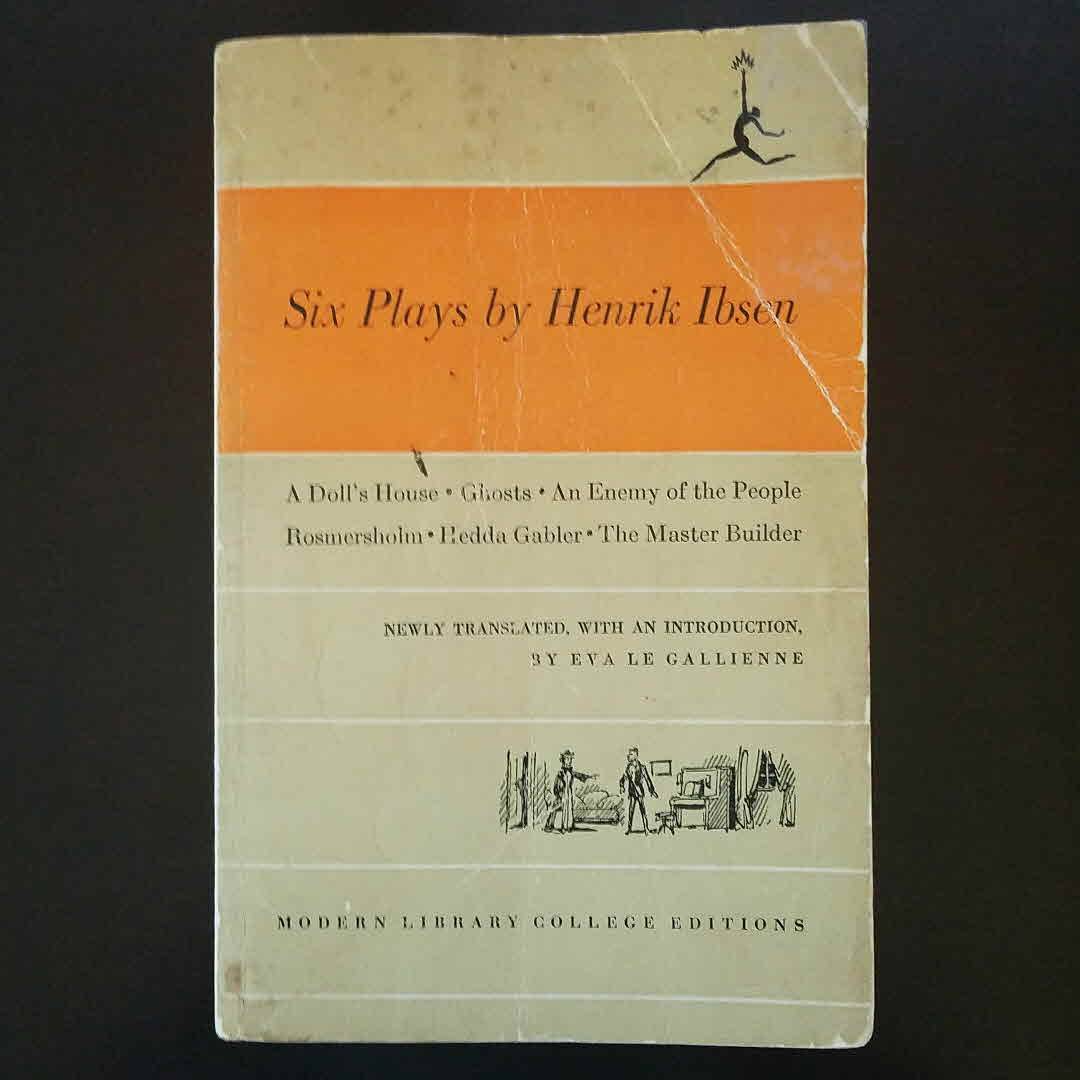
It swept over me like a storm at sea--like one of those winter-storms we have up in the North. It seizes hold of you and carries you off with it--whatever it will. Resistance is impossible. (Rebekka in Rosmersholm.)
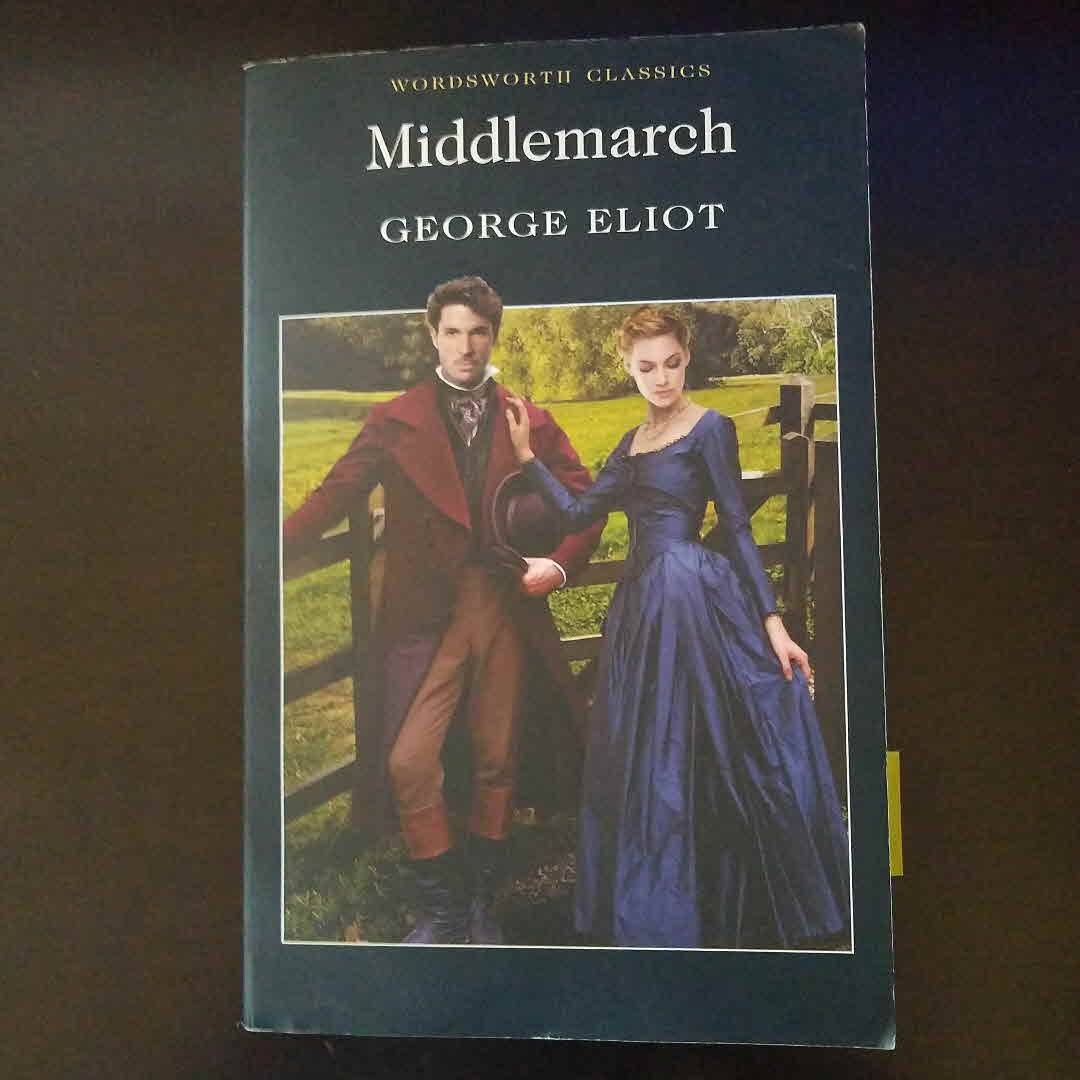
To be born the son of a Middlemarch manufacturer, and inevitable heir to nothing in particular,

Once he plotted down to the minute a thirty-mile trip to see a woman. He left on a Saturday when the moon was in the place he wanted it to be, arrived at her cabin before church on Sunday and had just enough time to say good morning before he had to start back again so he'd make the field call on time Monday morning. He had walked for seventeen hours, sat down for one, turned around and walked seventeen more.

I think of you more often than any one else in this part of the world. I'd have liked to have you for a sweetheart, or a wife, or my mother or my sister--anything that a woman can be to a man. The idea of you is a part of my mind; you influence my likes and dislikes, all my tastes, hundreds of times when I don't realize it. You really are a part of me.
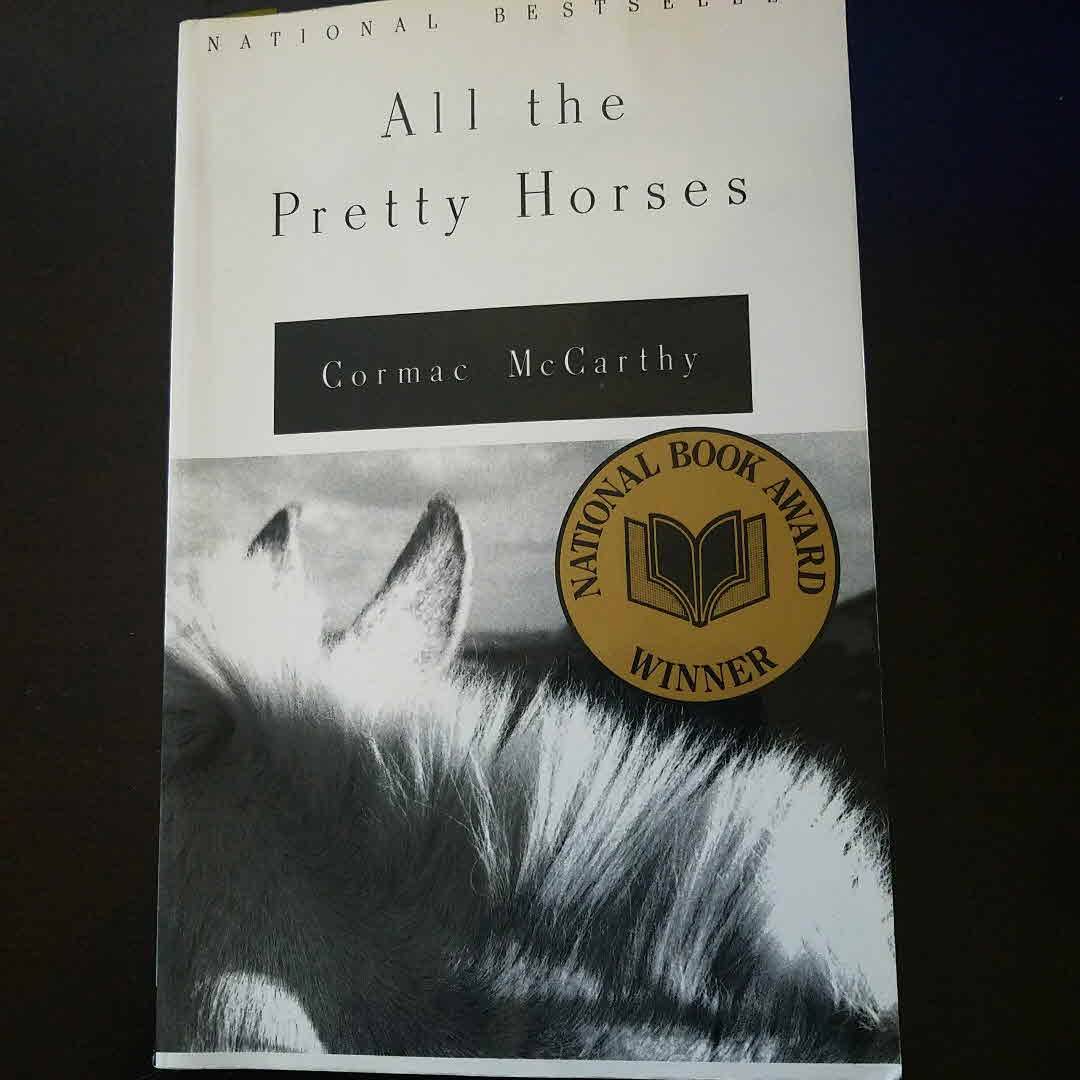
she smiled and in her eyes was the sadness he'd first seen the night she came to his room and he knew that while he was contained in that sadness he was not the whole of it.

I wish I could hit upon a pleasant track of thought, a track indirectly reflecting credit upon myself, for those are the pleasantest thoughts, and very frequently even in the minds of modest mouse-colored people, who believe genuinely that they dislike to hear their own praises.
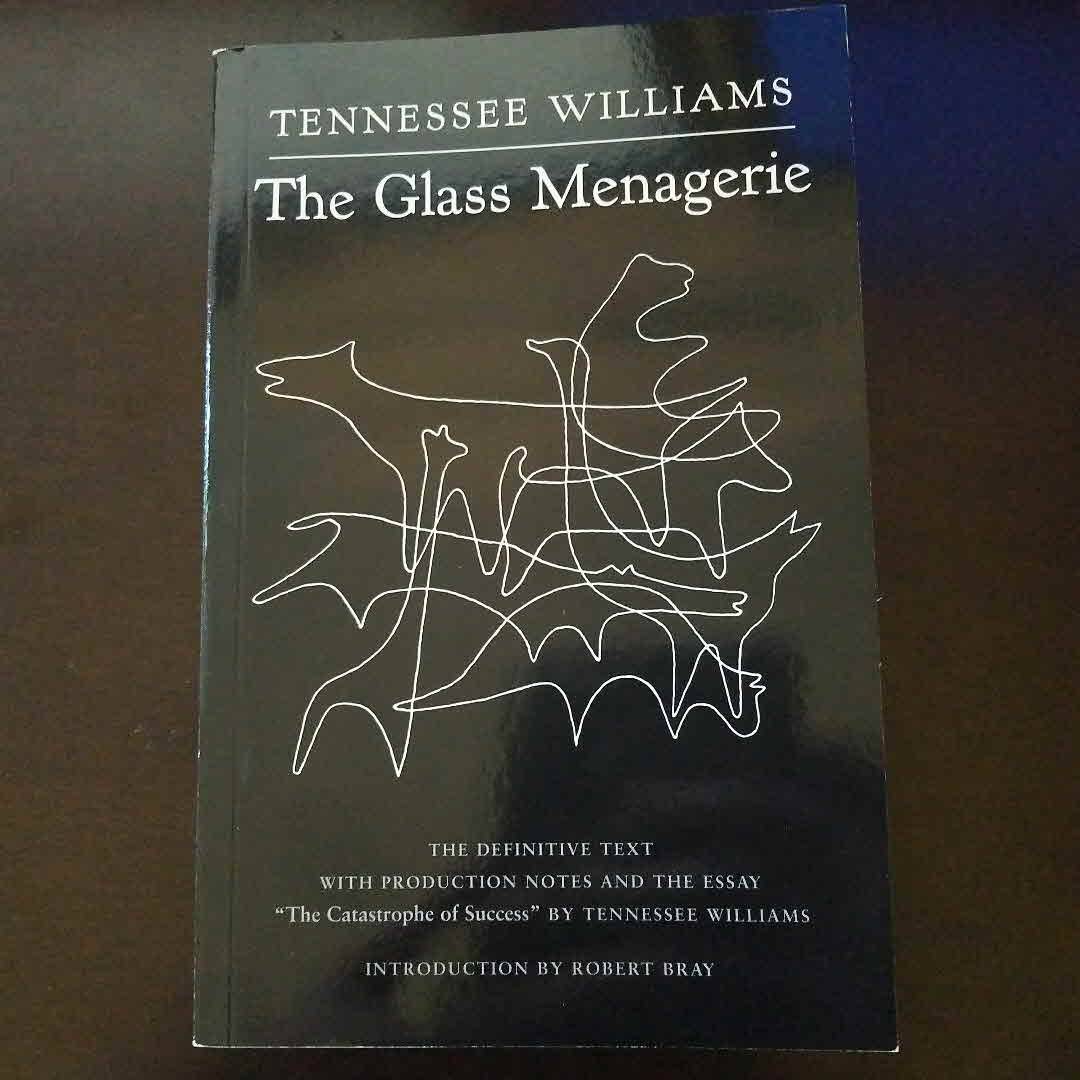
Now it is just like all the other horses.
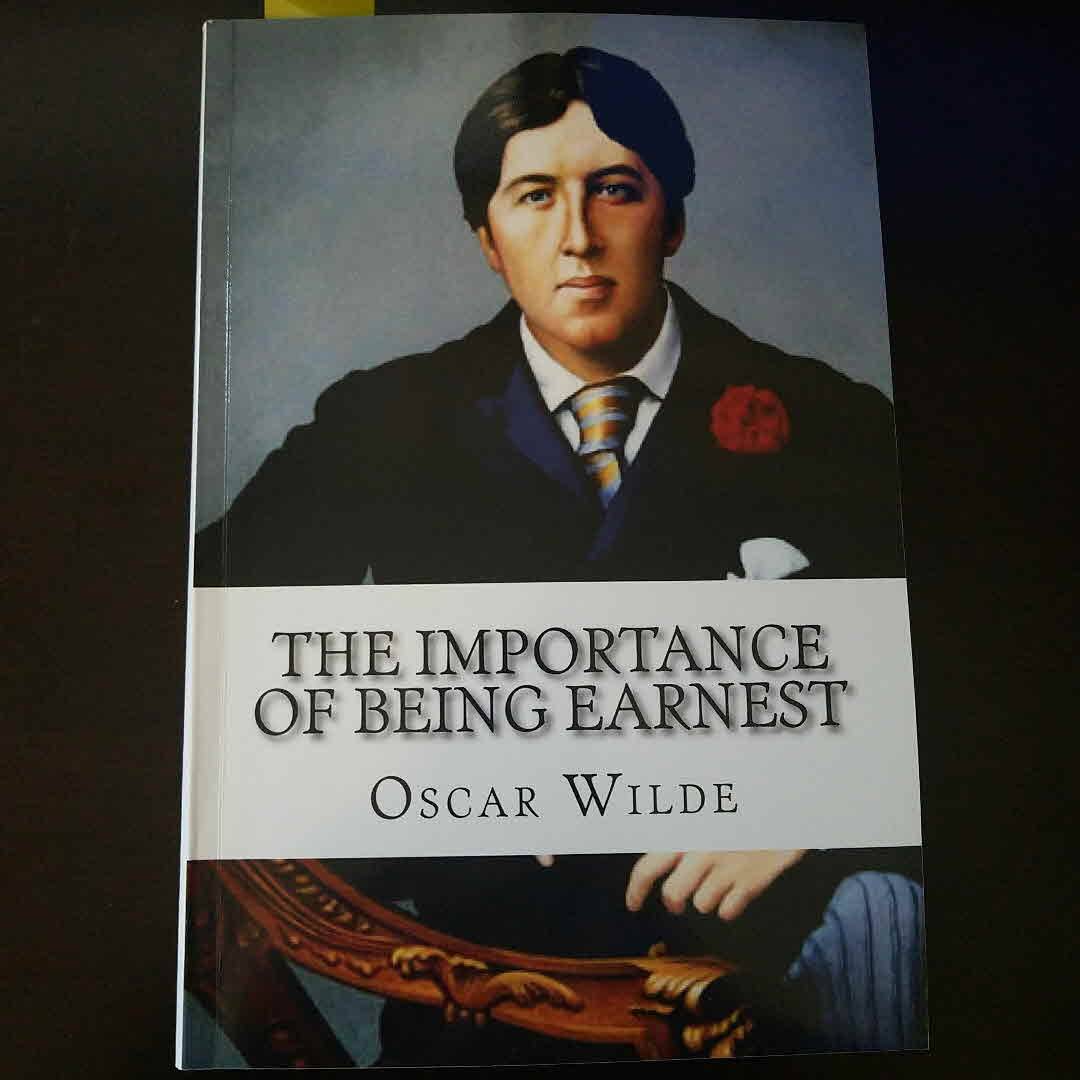
The truth is rarely pure and never simple.
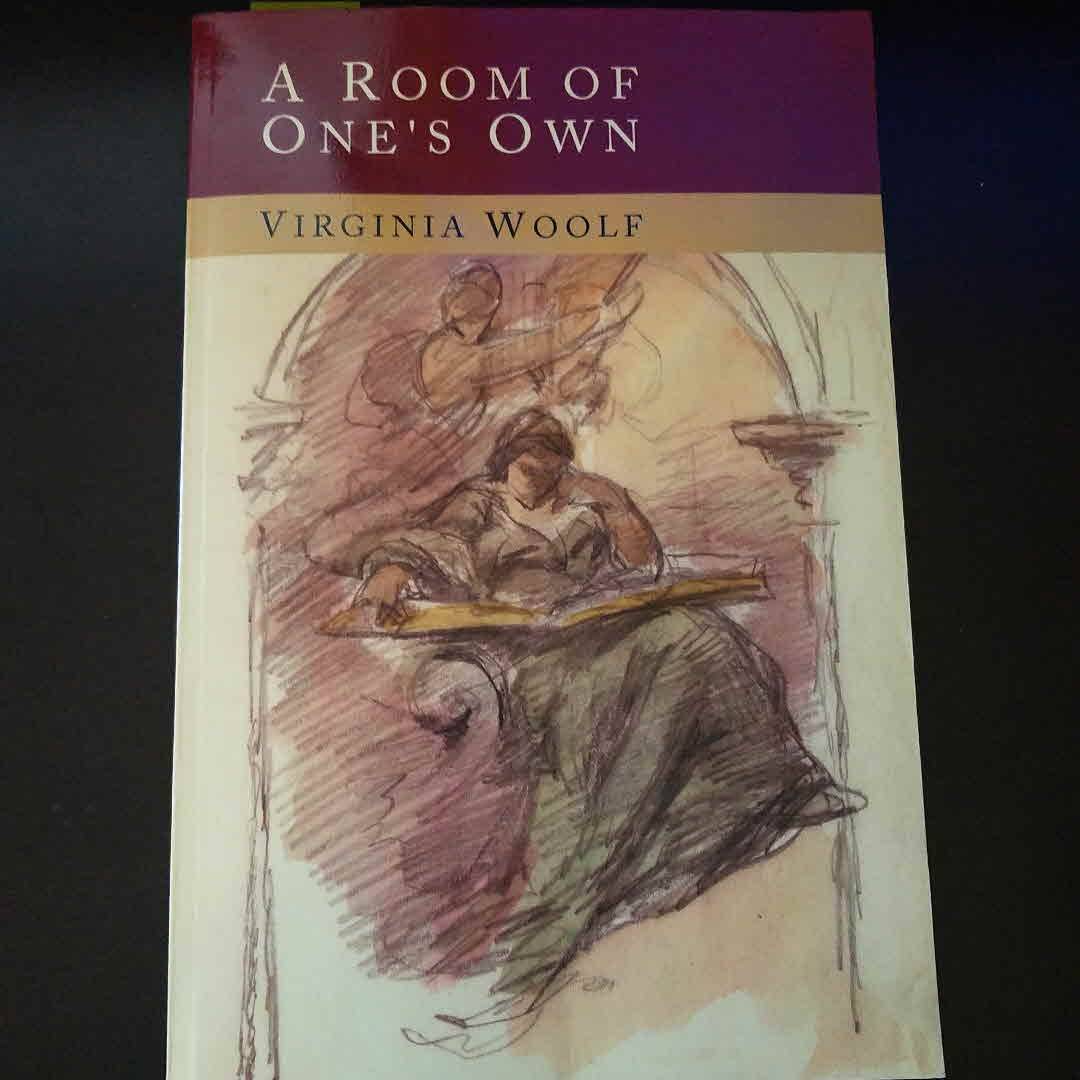
If ever a mind was incandescent, unimpeded, I thought, turning again to the bookcase, it was Shakespeare's mind.
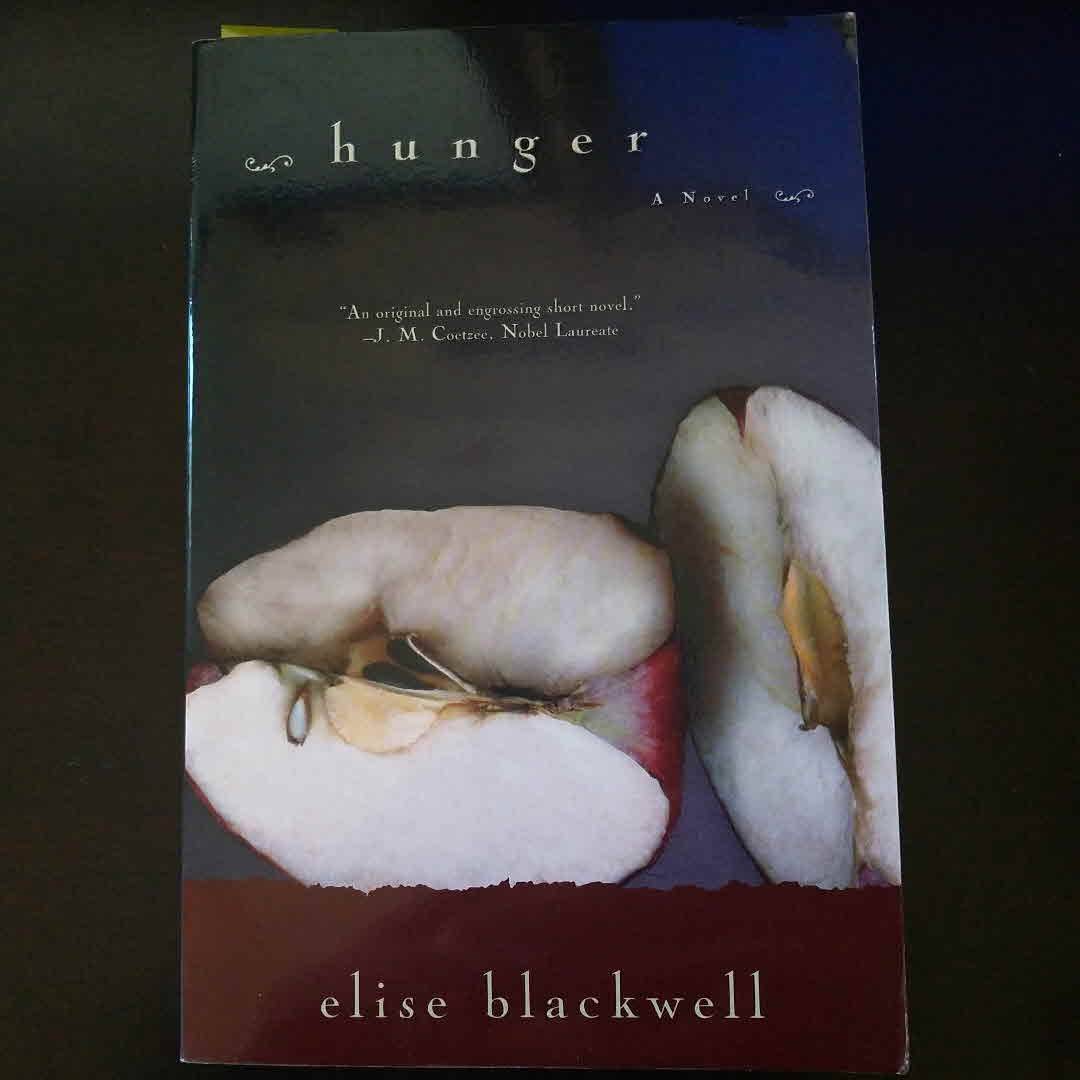
If she went with the other man because there was no food in her house--if she was lured by his pantry and not his bed--then no blame whatsoever attributed to her. It has always been understood that people need to eat.
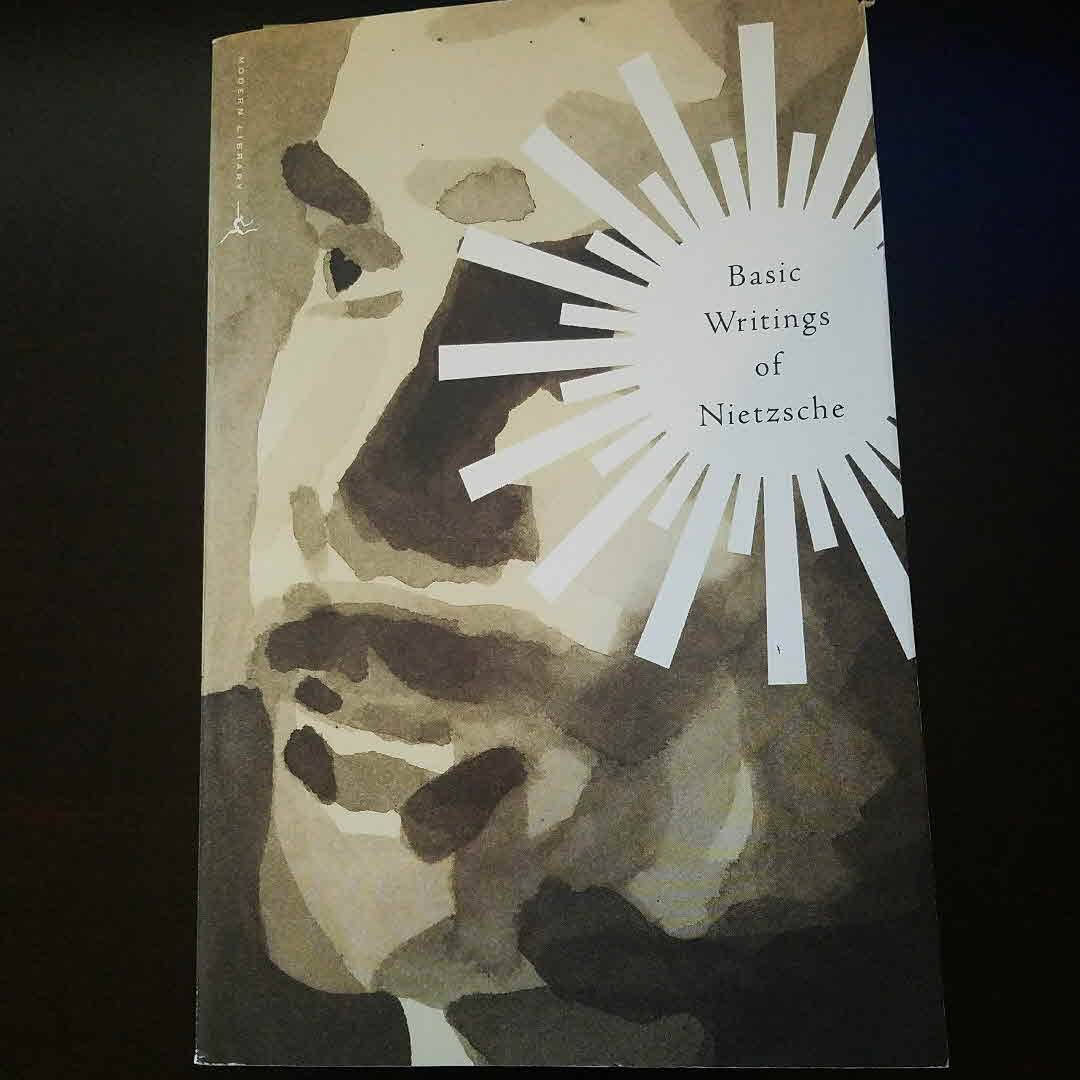
Not how one soul comes close to another but how it moves away shows me their kinship and how much they belong together.
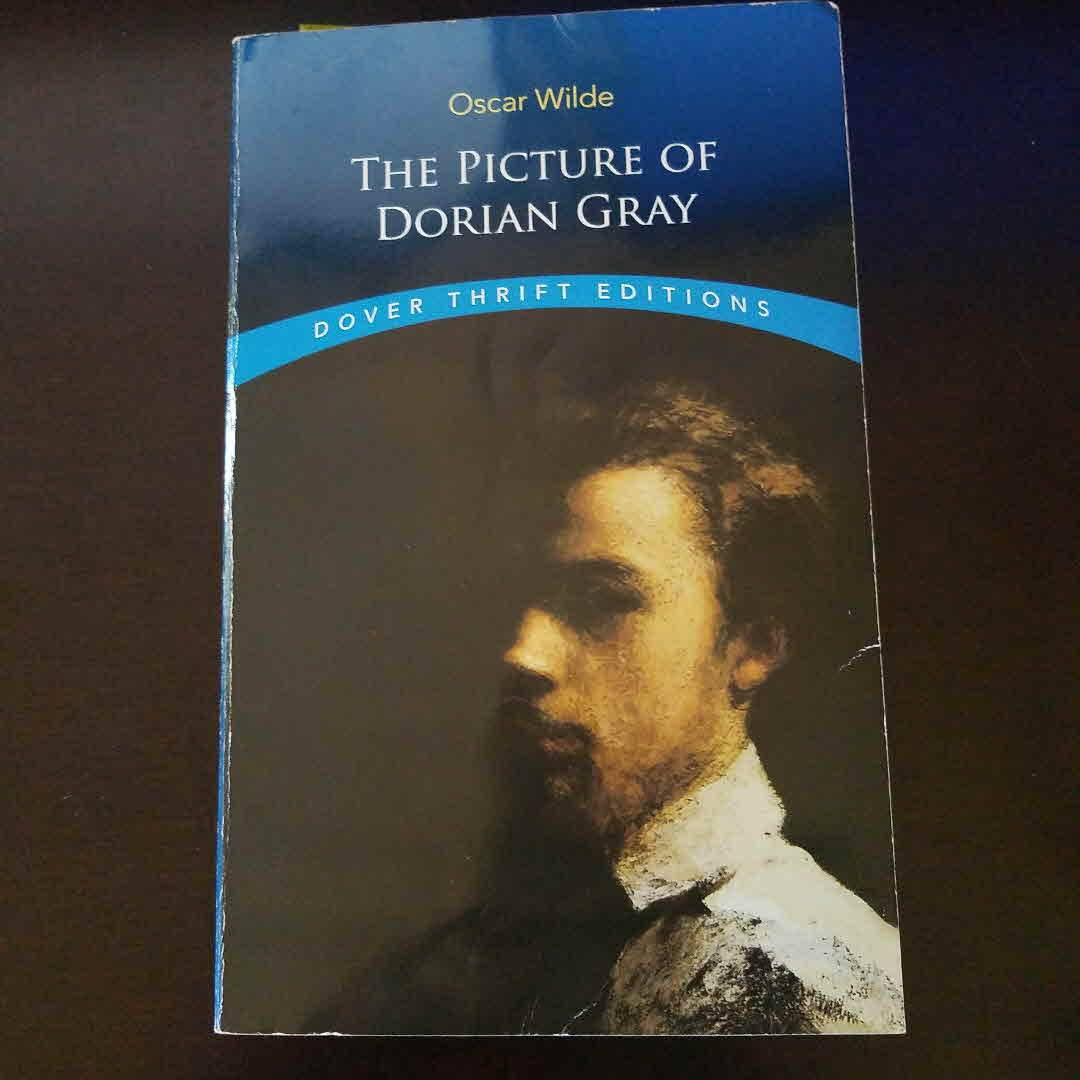
They say that you corrupt every one with whom you become intimate, and that it is quite sufficient for you to enter a house, for shame of some kind to follow after.

although you've waited for years you really never expected the knock. Then you get up and go over and open the door just a little at first to prepare yourself for the shock of disappointment at discovering it isn't the person you've been wanting. But then when you find that the impossible has happened that the visitor you've been praying for has arrived you're so relieved and surprised you don't know exactly what to say or how to begin it.

I like your writing, Max, it's so ugly and demented that it fascinates me.
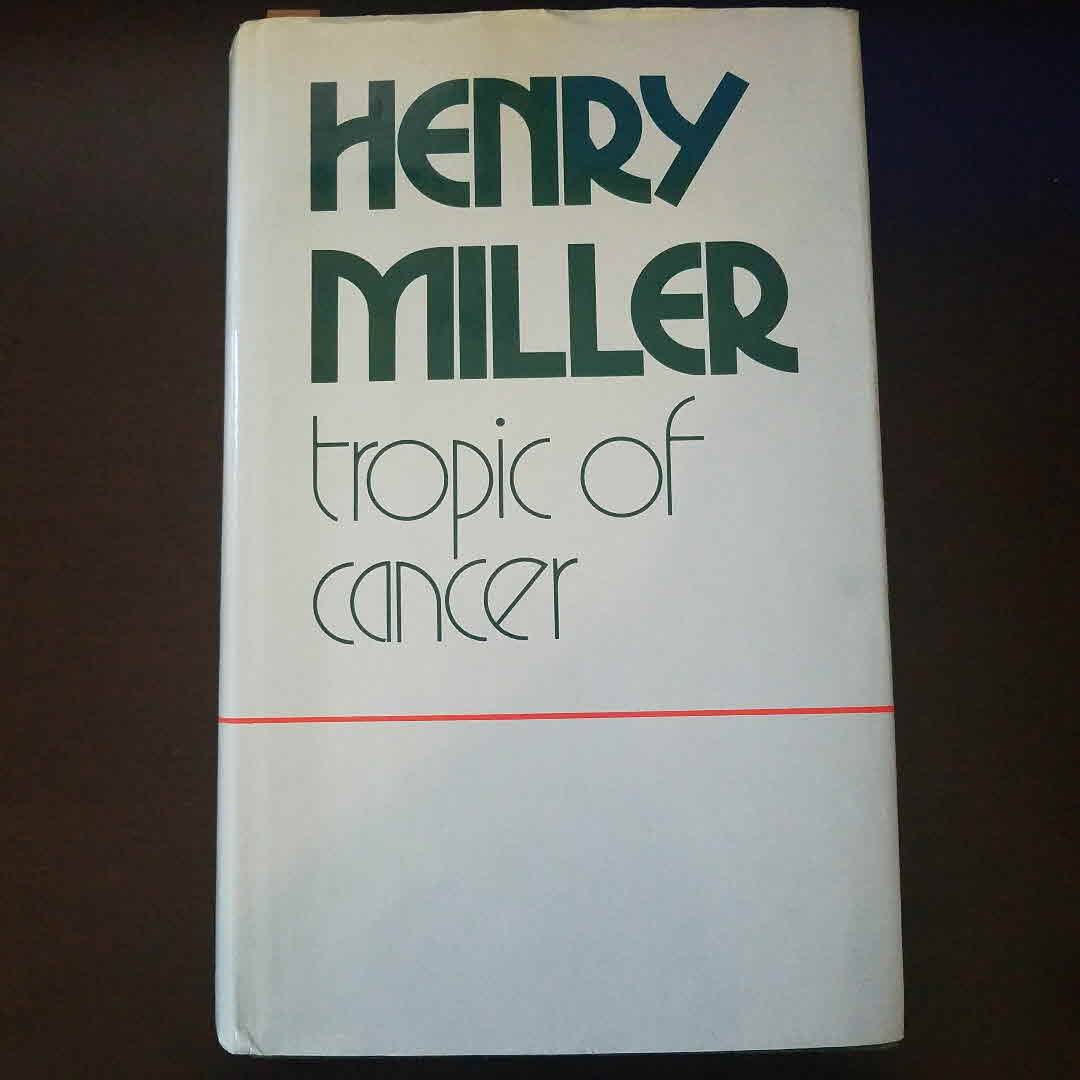
In his pocket scraps of paper containing prescriptions for Weltschmerz.

Soon the whole incident had passed into history, to be exhumed and dissected soon, but not now.
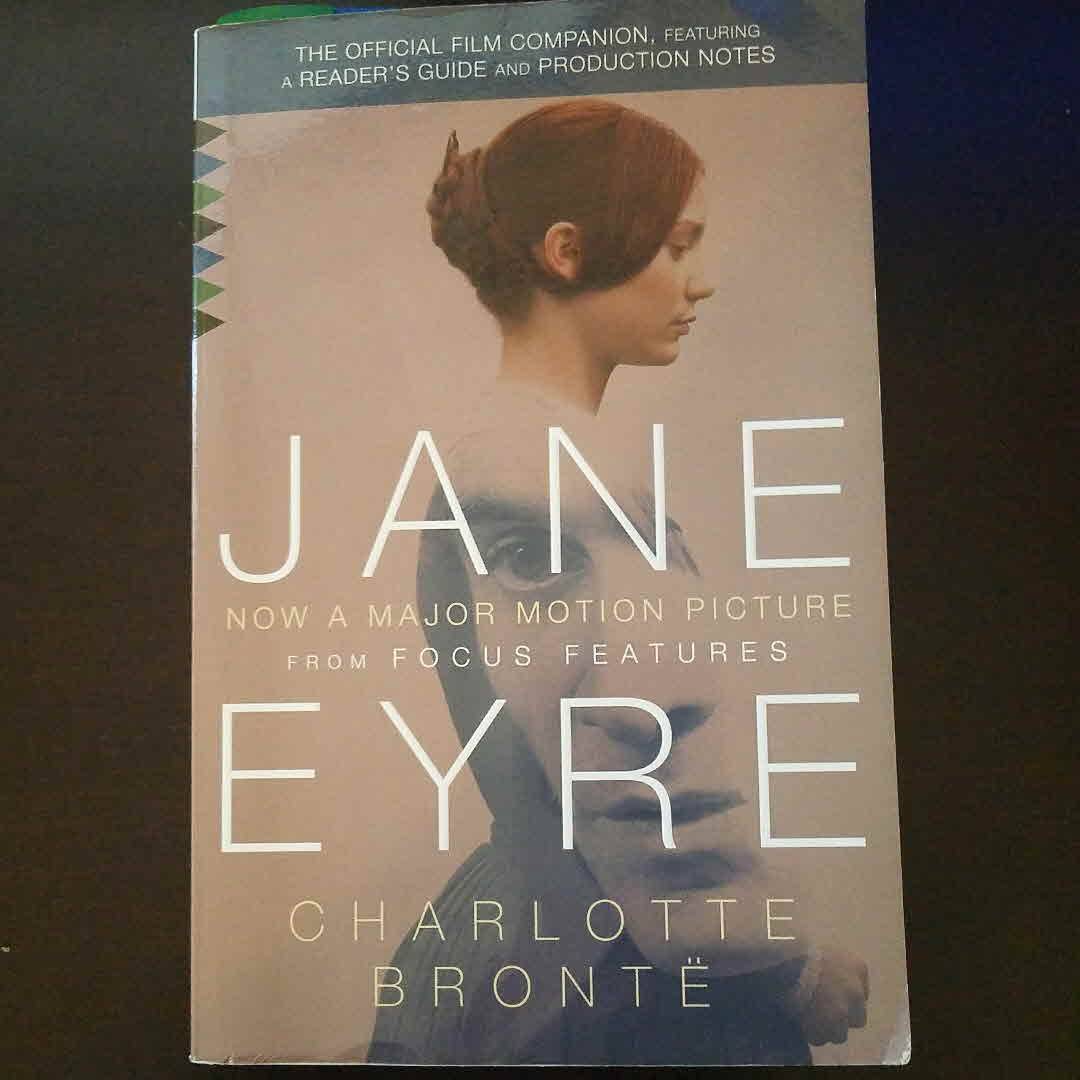
Instead of wishing to shun, I longed only to dare--to divine it; and I thought Miss Ingram happy, because one day she might look into the abyss at her leisure, explore it's secrets and analyse their nature.
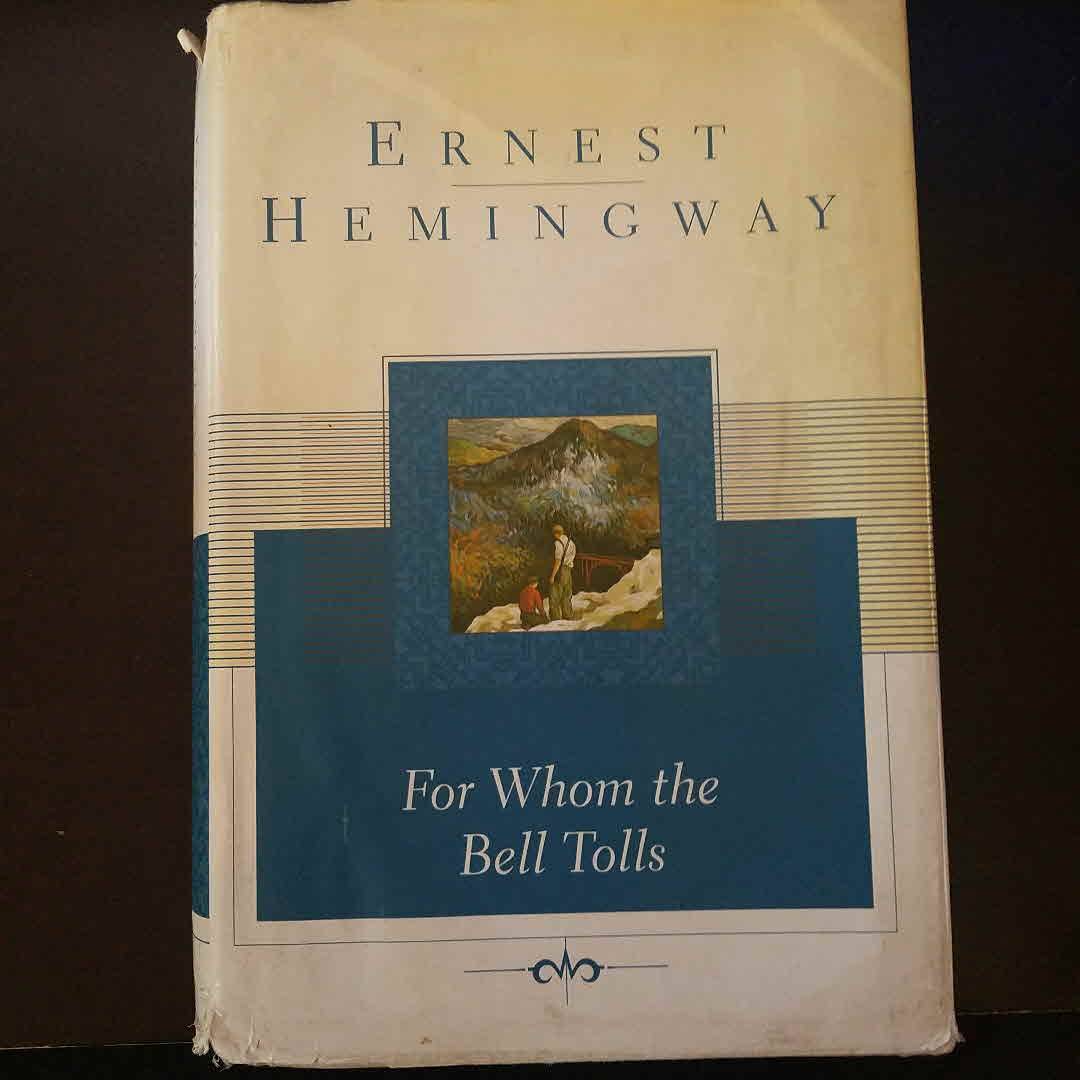
The planes came back three times and bombed the hilltop but no one on the hilltop knew it.
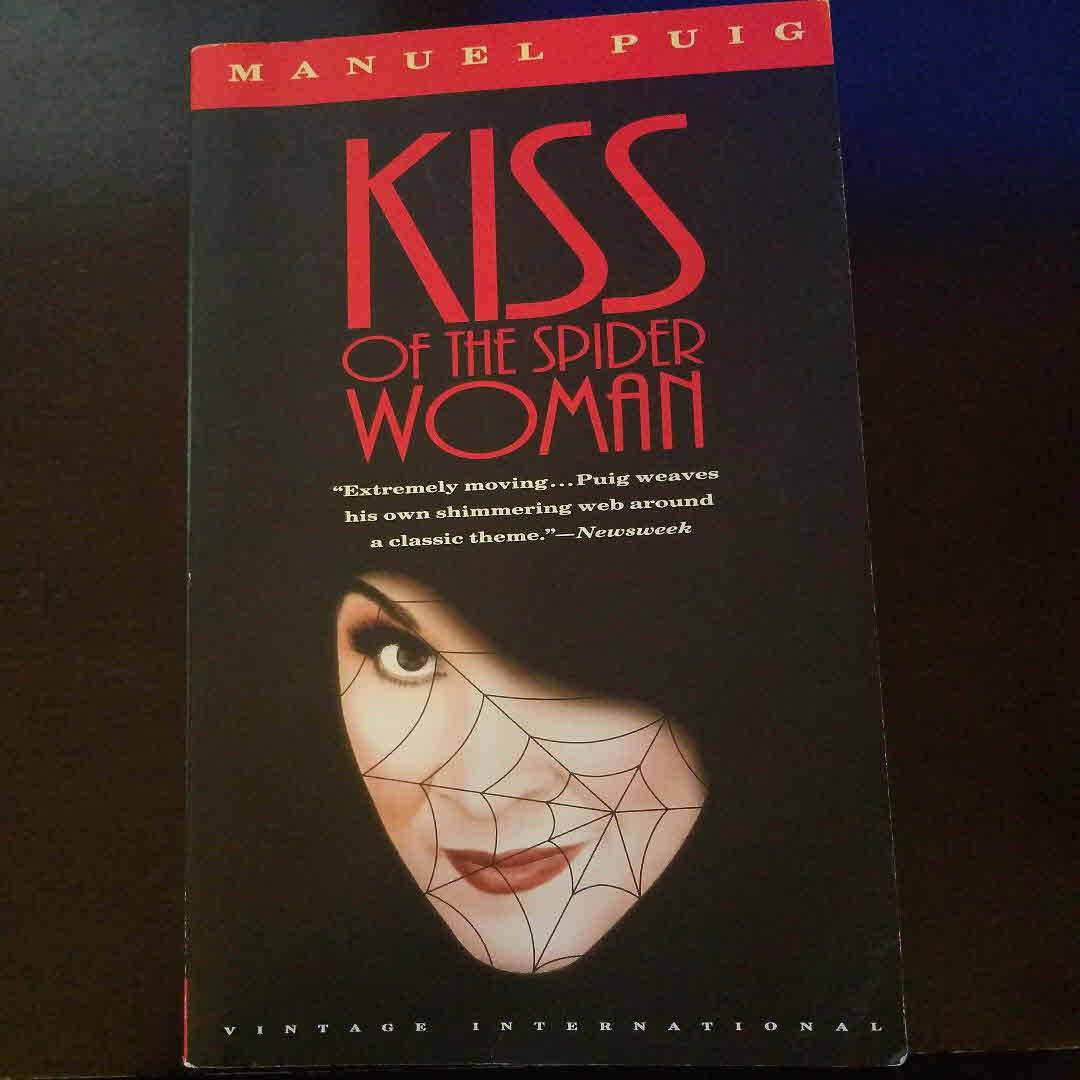
The kick is in the fact that when a man embraces you ... you may feel a little bit frightened.
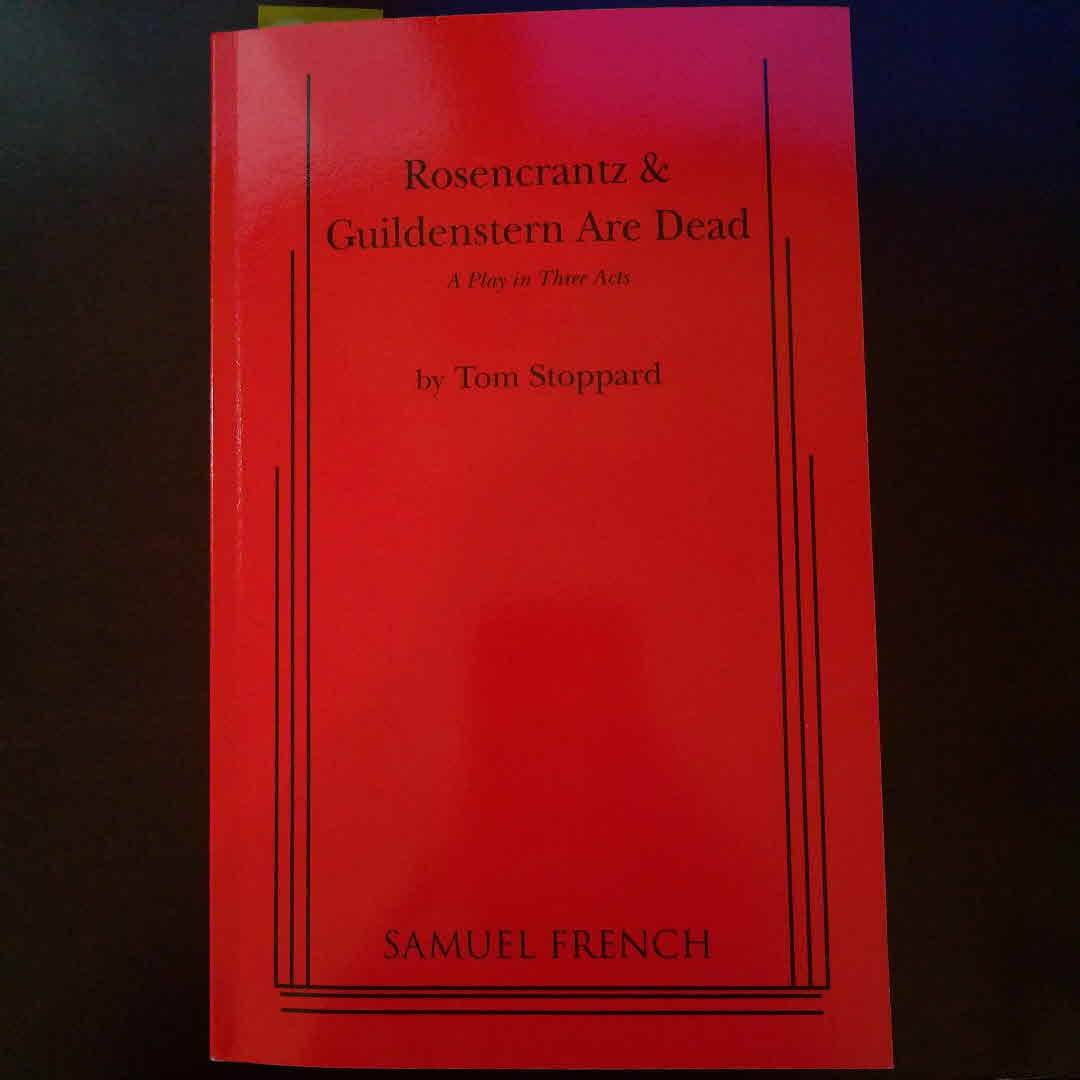
We cross our bridges when we come to them and burn them behind us, with nothing to show for our progress except a memory of the smell of smoke, and a presumption that once our eyes watered.
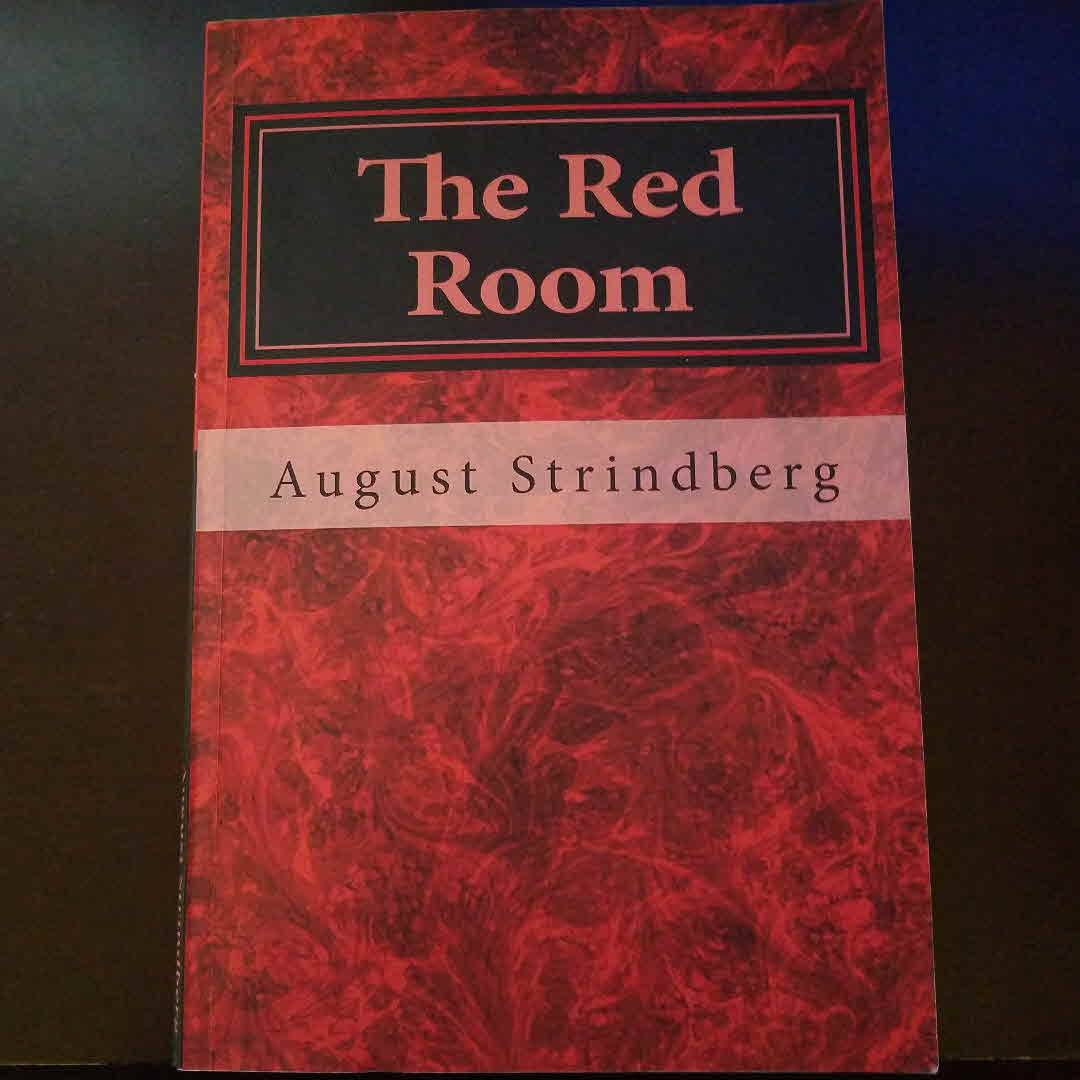
I have lost the illusion that the cause of the oppressed lies in good hands,

Hey, do you actually think I chose to live out in the middle a' nowhere? Do ya'? Ya' think it's some kind a' philosophical decision I took or somethin'? I'm livin' out there 'cause I can't make it here! And yer bitchin' to me about all yer success!

You say you spend your life in search of real "human beings," people who can look at your pictures with compassion. But in your heart you no longer believe those people exist ... So you lose faith ... So you lose hope ... So black swallows red. (Beat. Ken is standing right before Rothko.) My friend, I don't think you'd recognize a real human being if he were standing right in front of you.
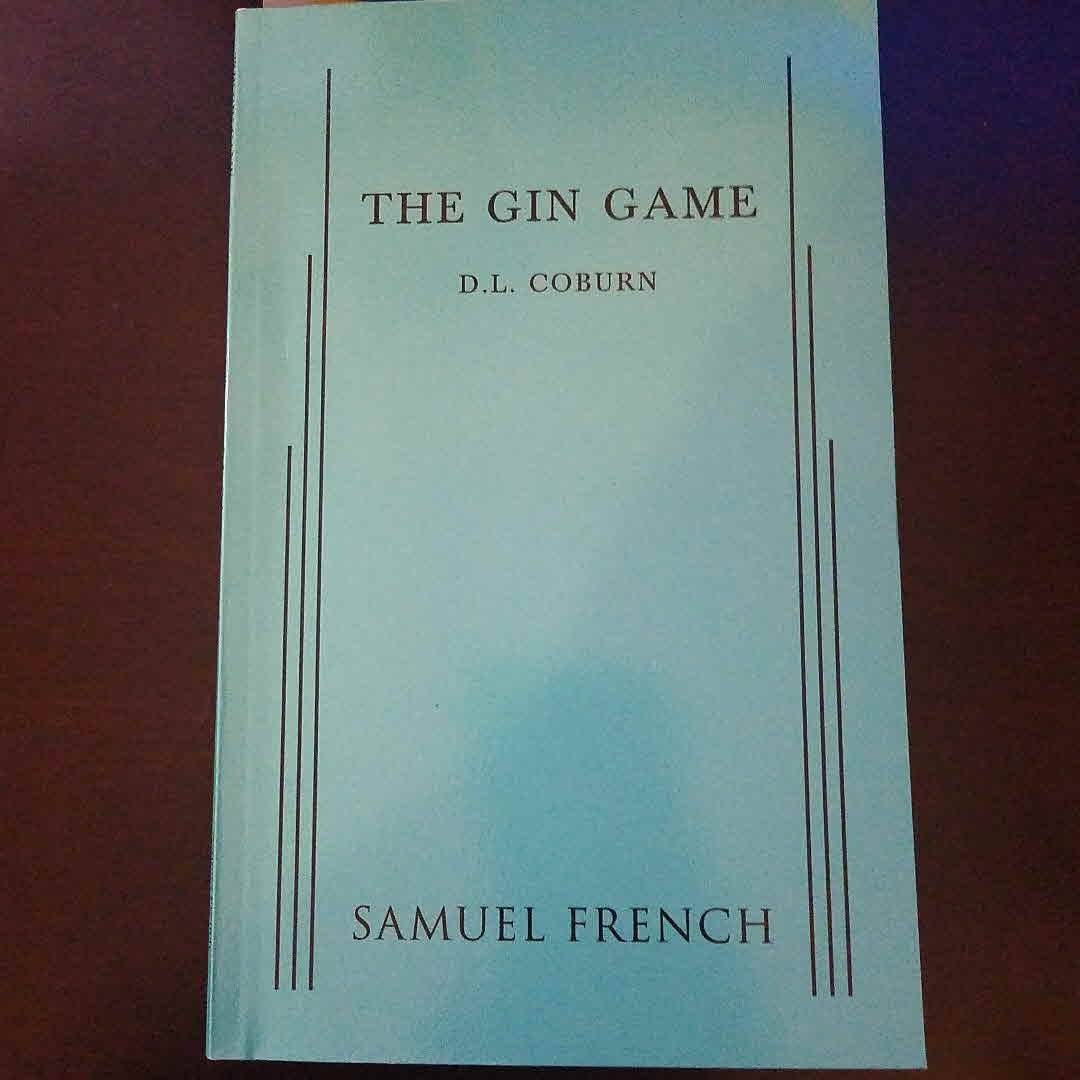
You know what's wrong with most of the people in the world today? They have a mother who's just like you.
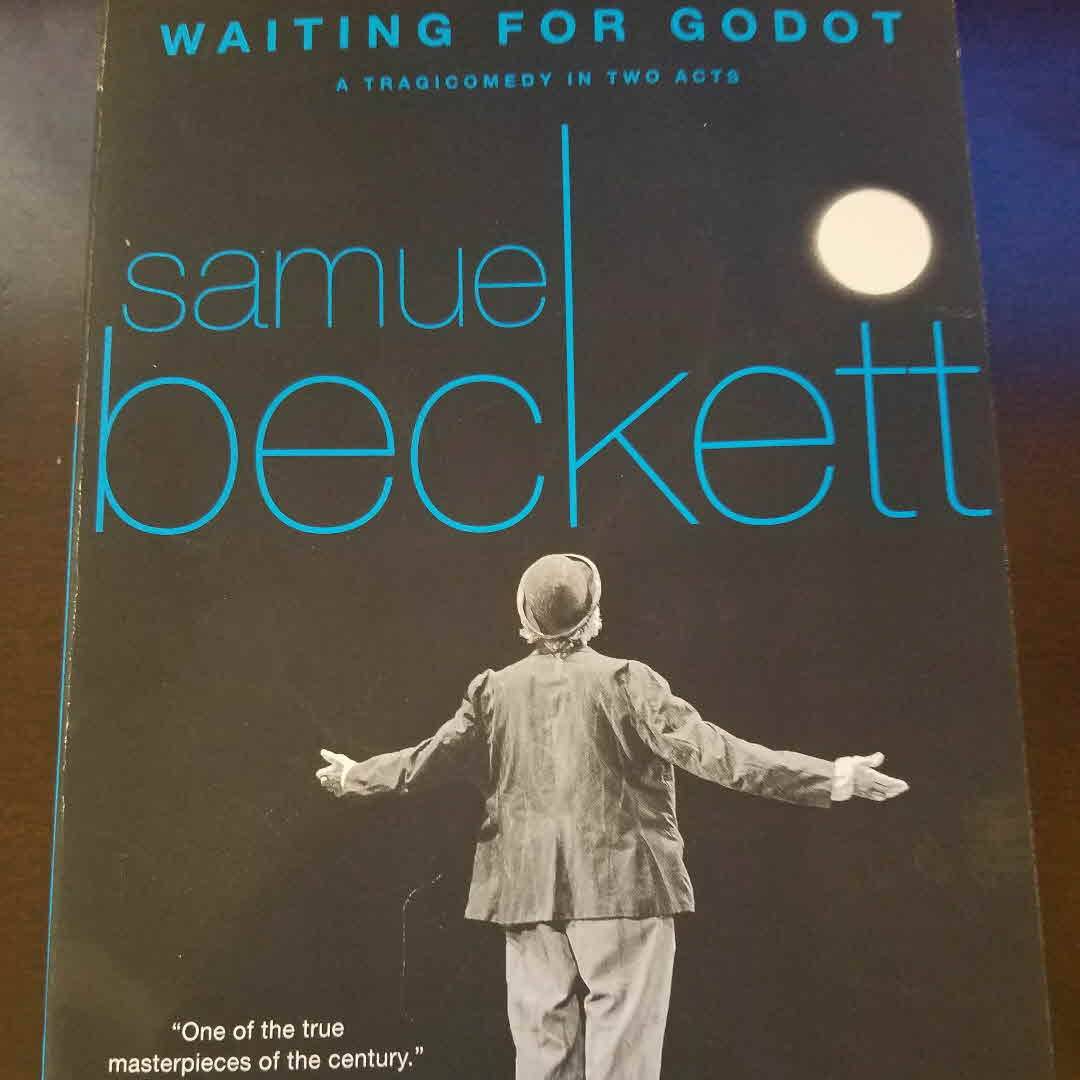
We are all born mad. Some remain so.
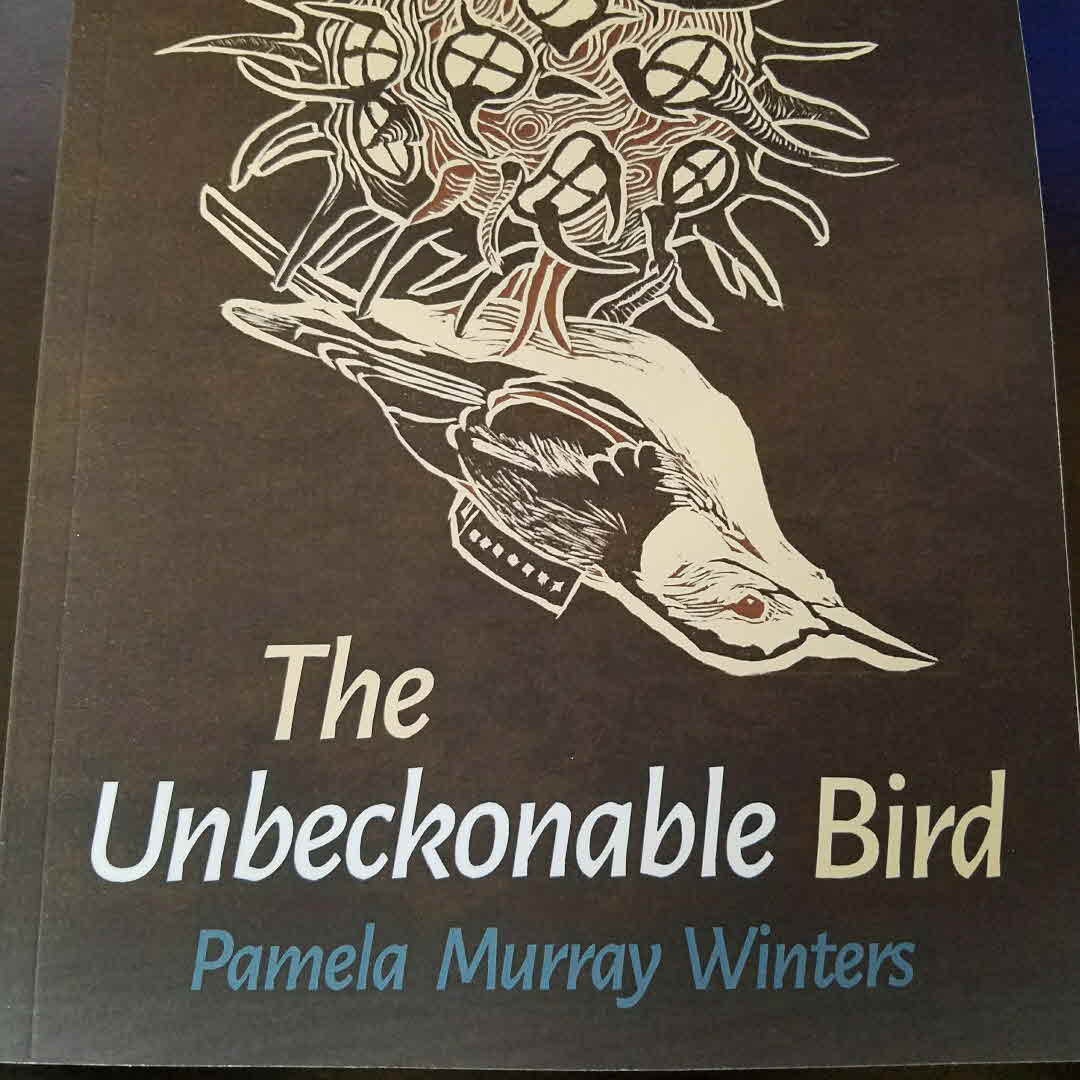
I want to flaunt, to strut, to burn